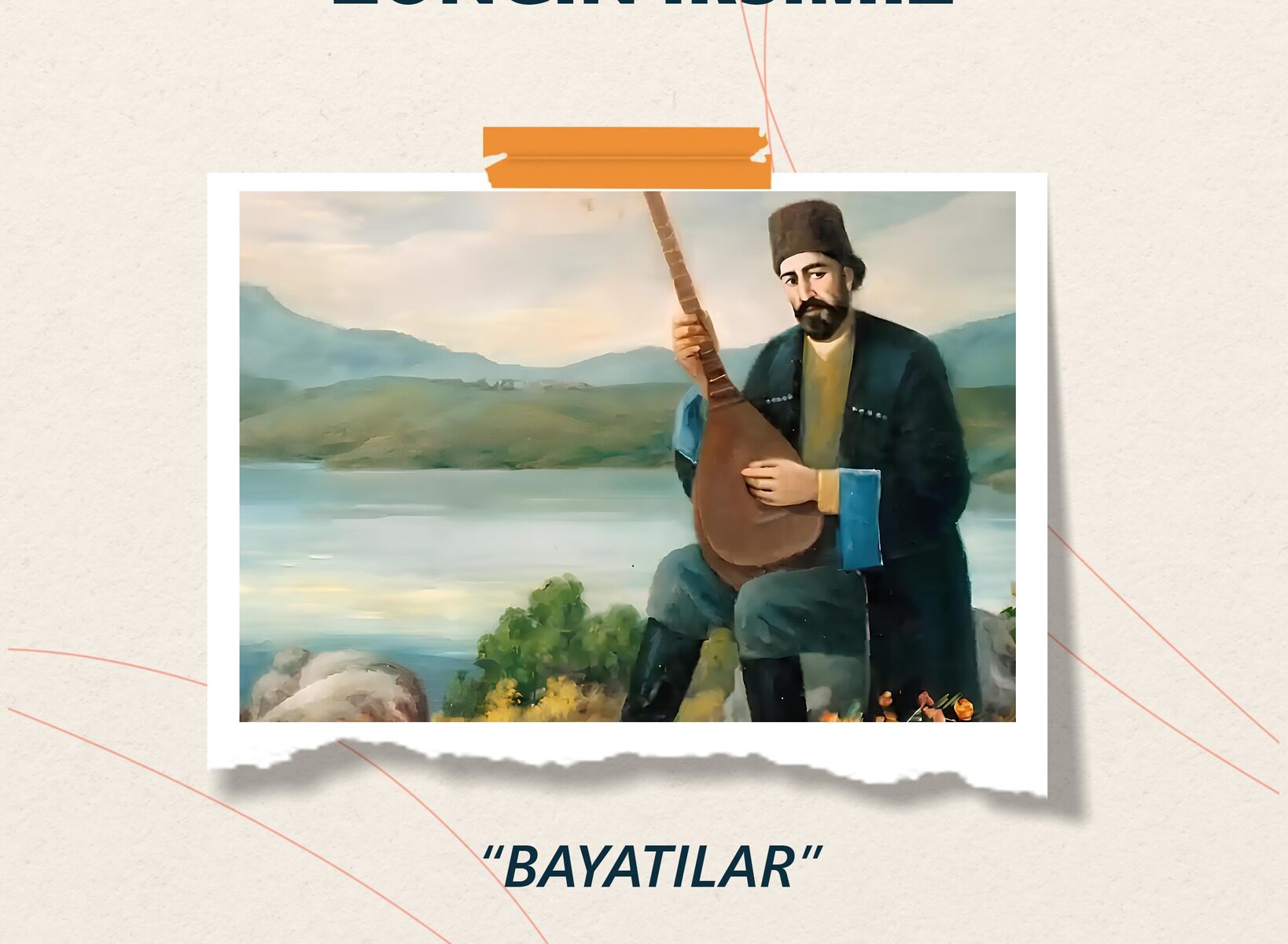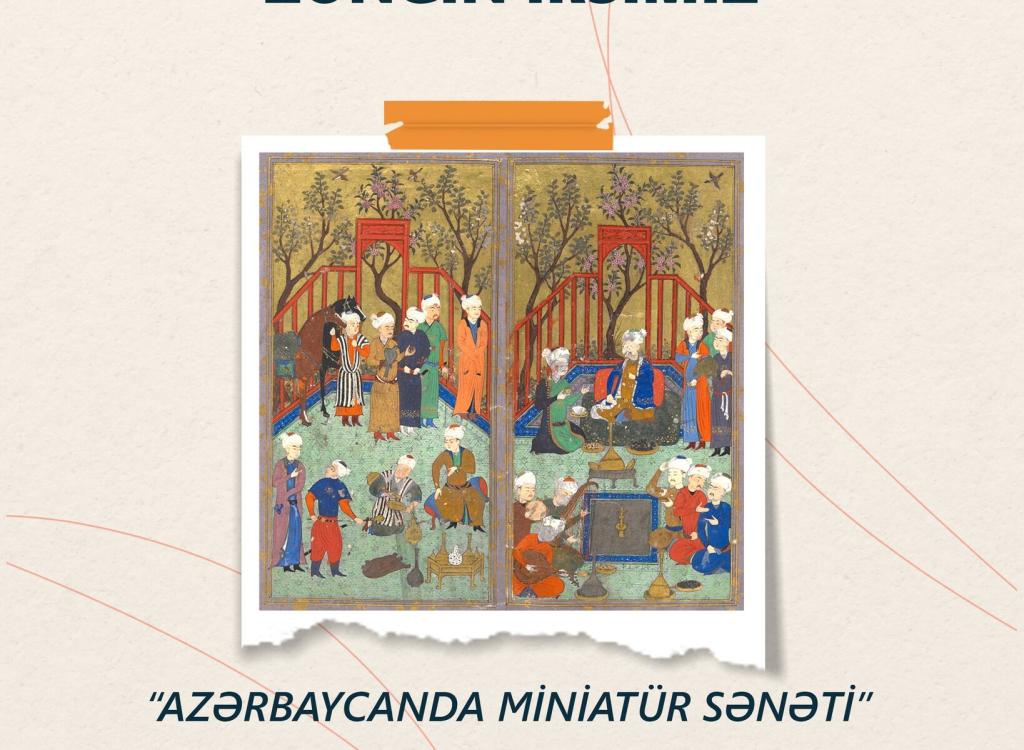
"Azerbaijani miniature art"

Azerbaijani miniature art is a vibrant part of our rich cultural heritage. This art form has developed over centuries as an adornment for books, epics, and religious texts. In particular, the Tabriz miniature school is one of the most renowned art centers in the world.
In miniatures, every detail — clothing, facial expressions, depictions of nature — tells a story. The colors are not random: red symbolizes heroism, blue represents peace, and green is the symbol of life.
In the 16th century, masters like Sultan Muhammad and Mir Seyid Ali brought works such as the “Shahnameh” and “Khamsa” to life with color. Miniatures lack perspective, but every detail speaks — the wall of the palace, the bird’s gaze, even the shape of the clouds carry a message. This delicate art was included in UNESCO’s Intangible Cultural Heritage list in 2020.
Azerbaijani miniature art is not merely a depiction; it is a bridge between the past and the present, a form in which the soul speaks through the brush.
Another Training Held for Uzbek Teachers
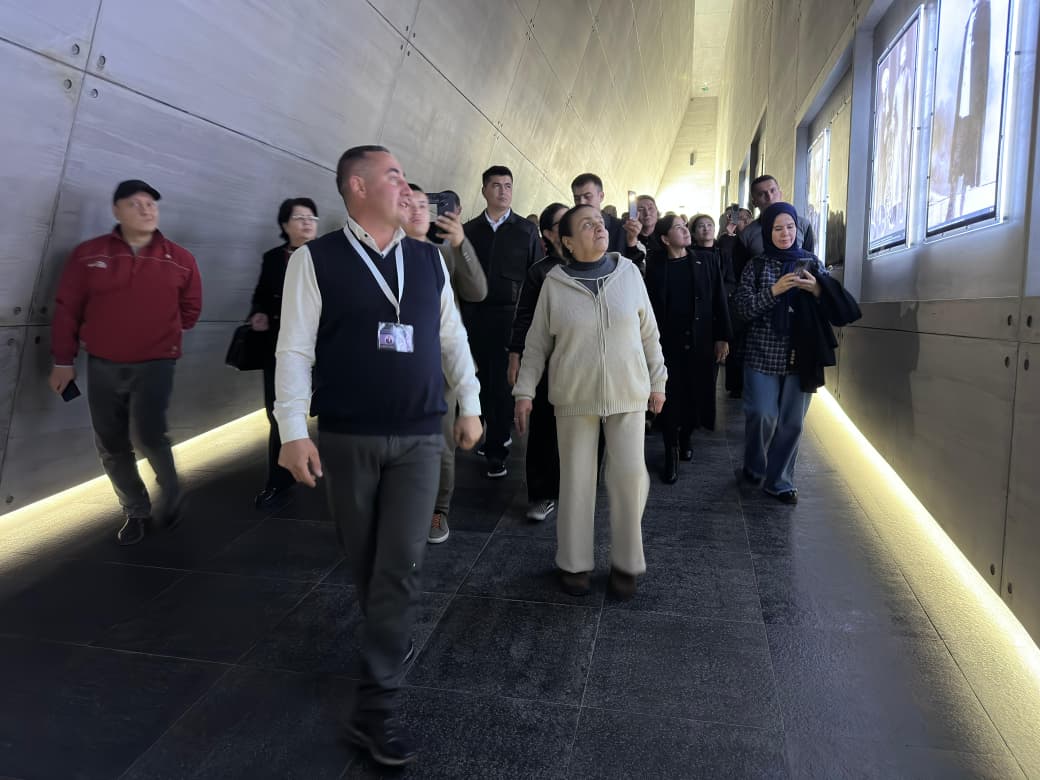
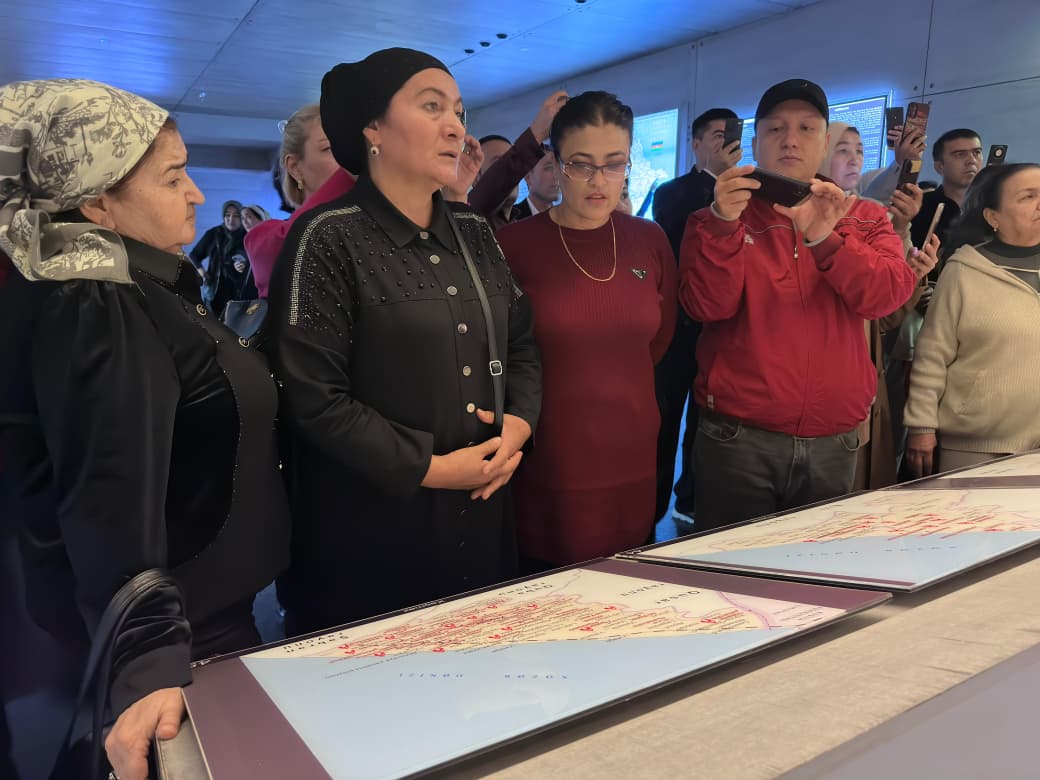
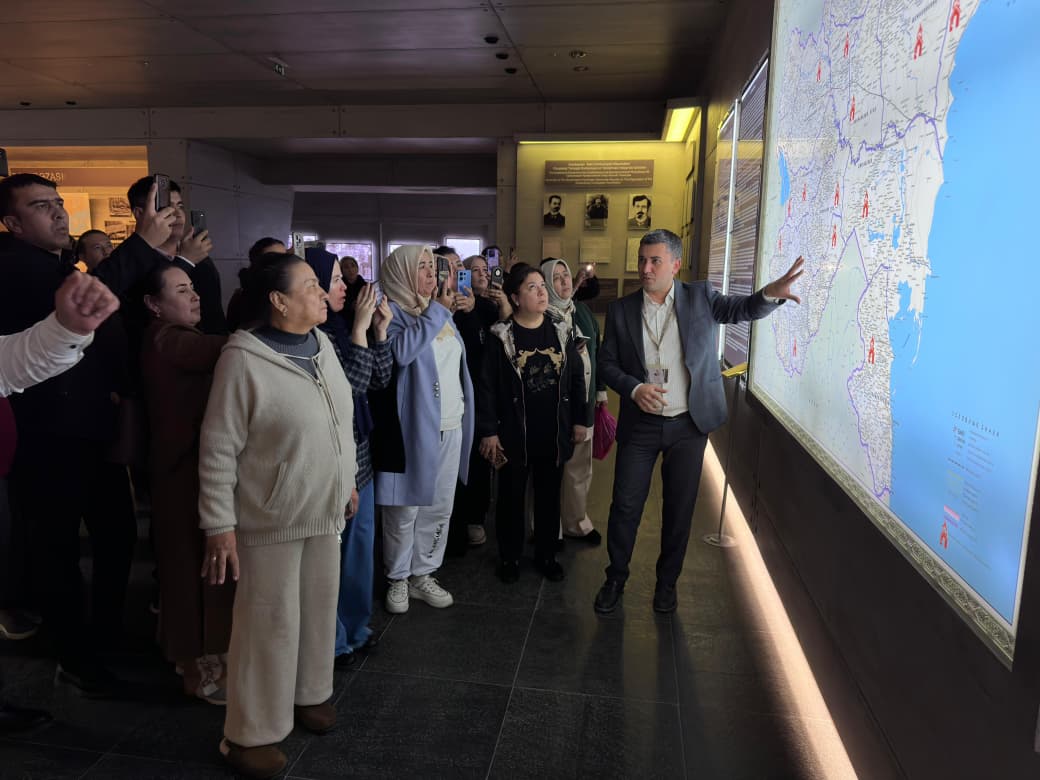
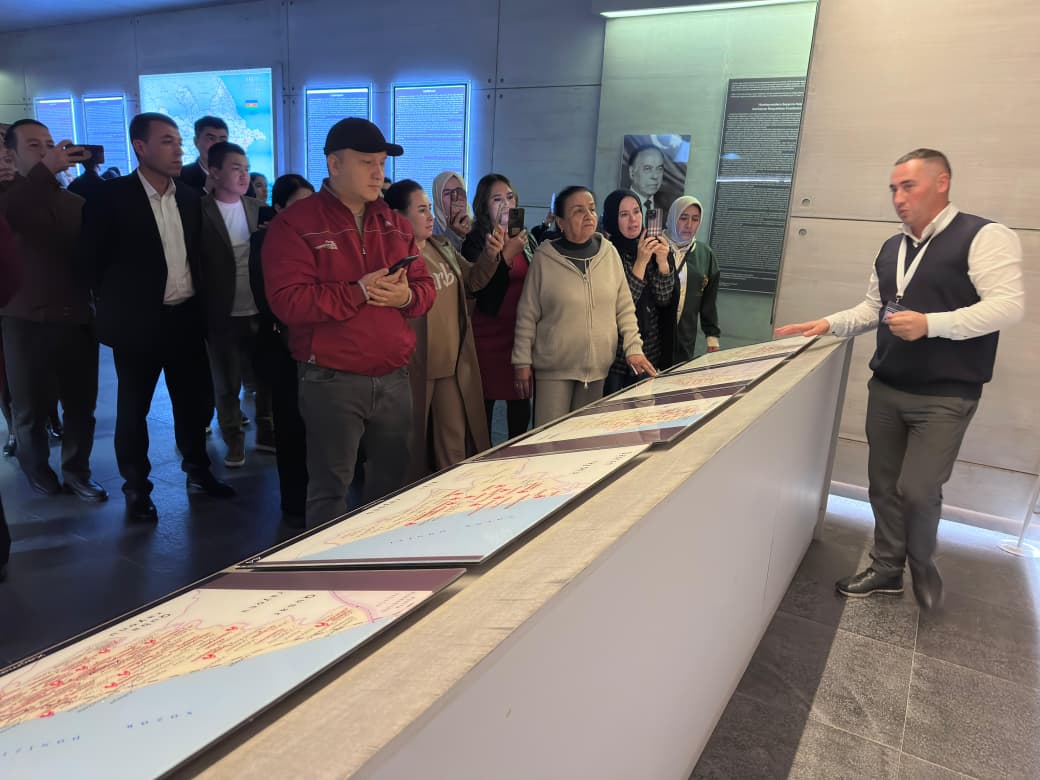
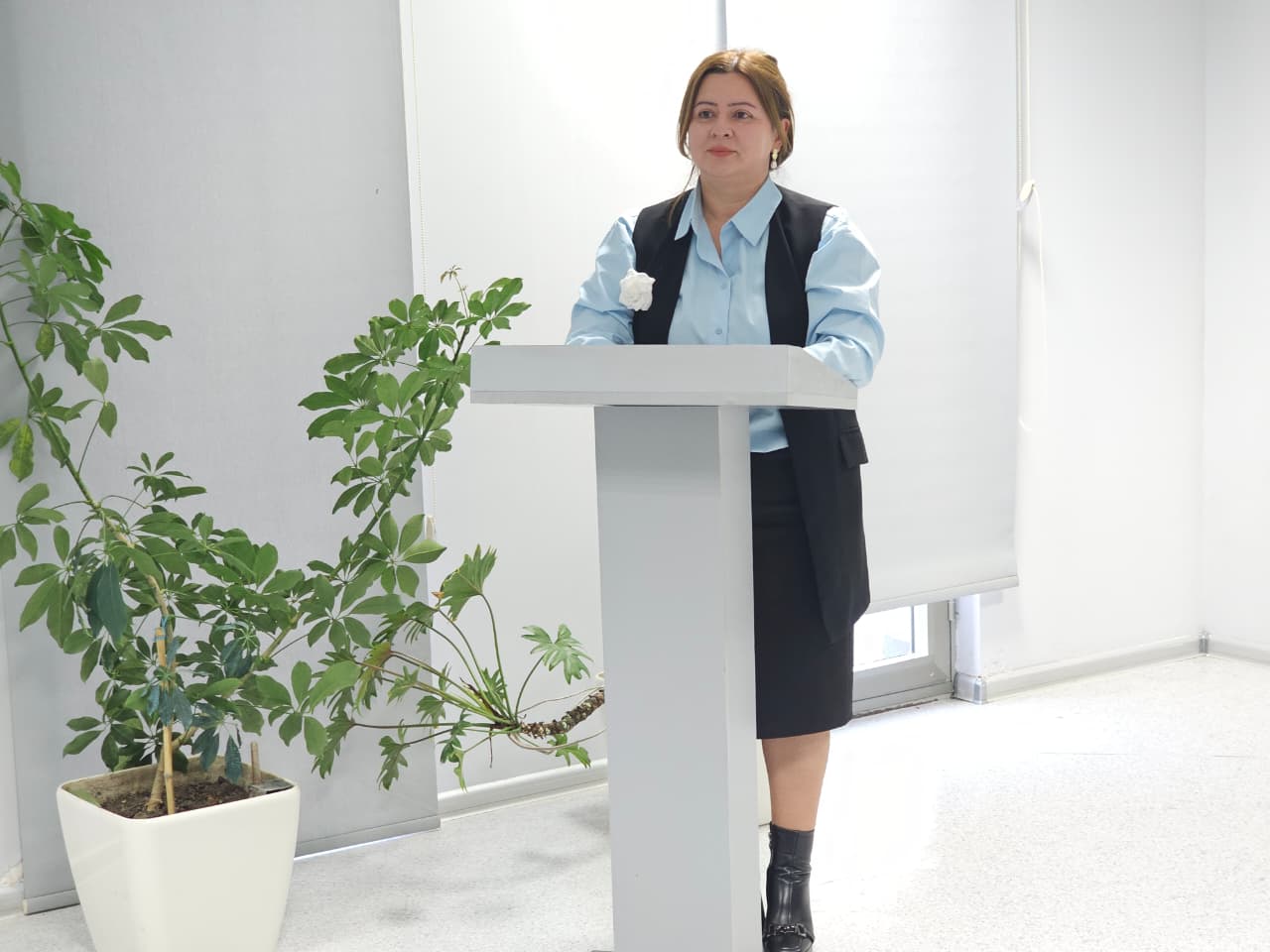
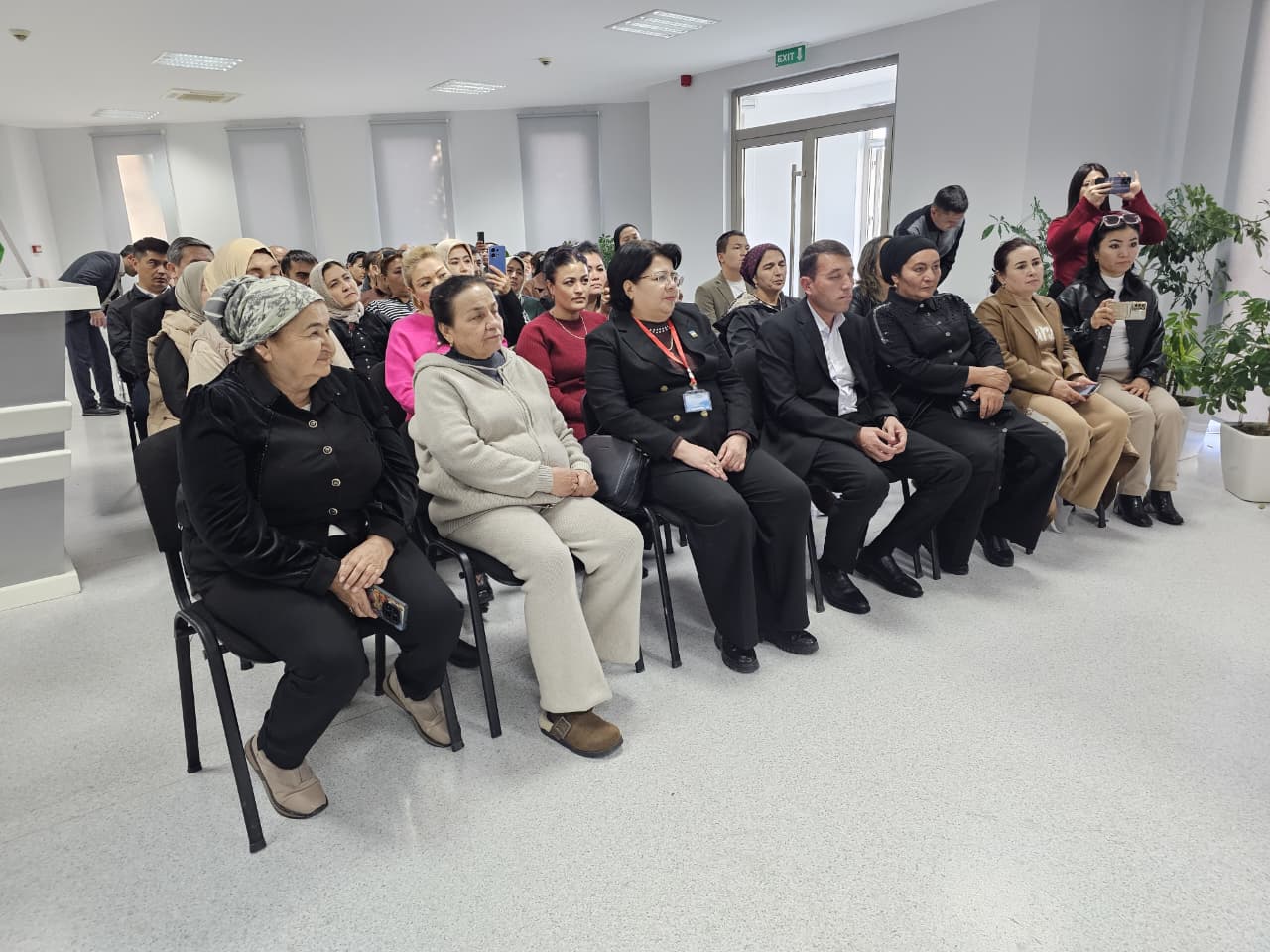
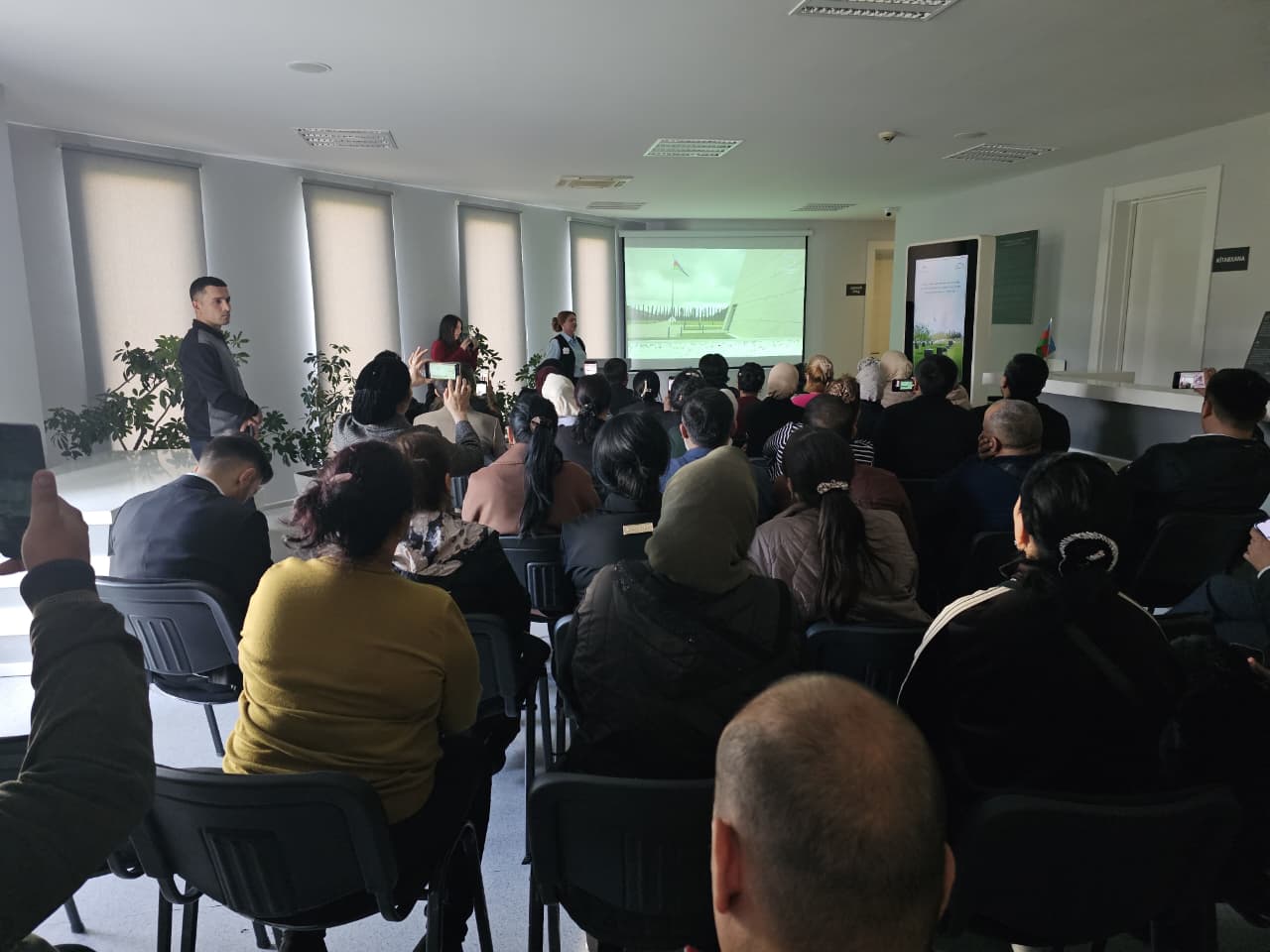
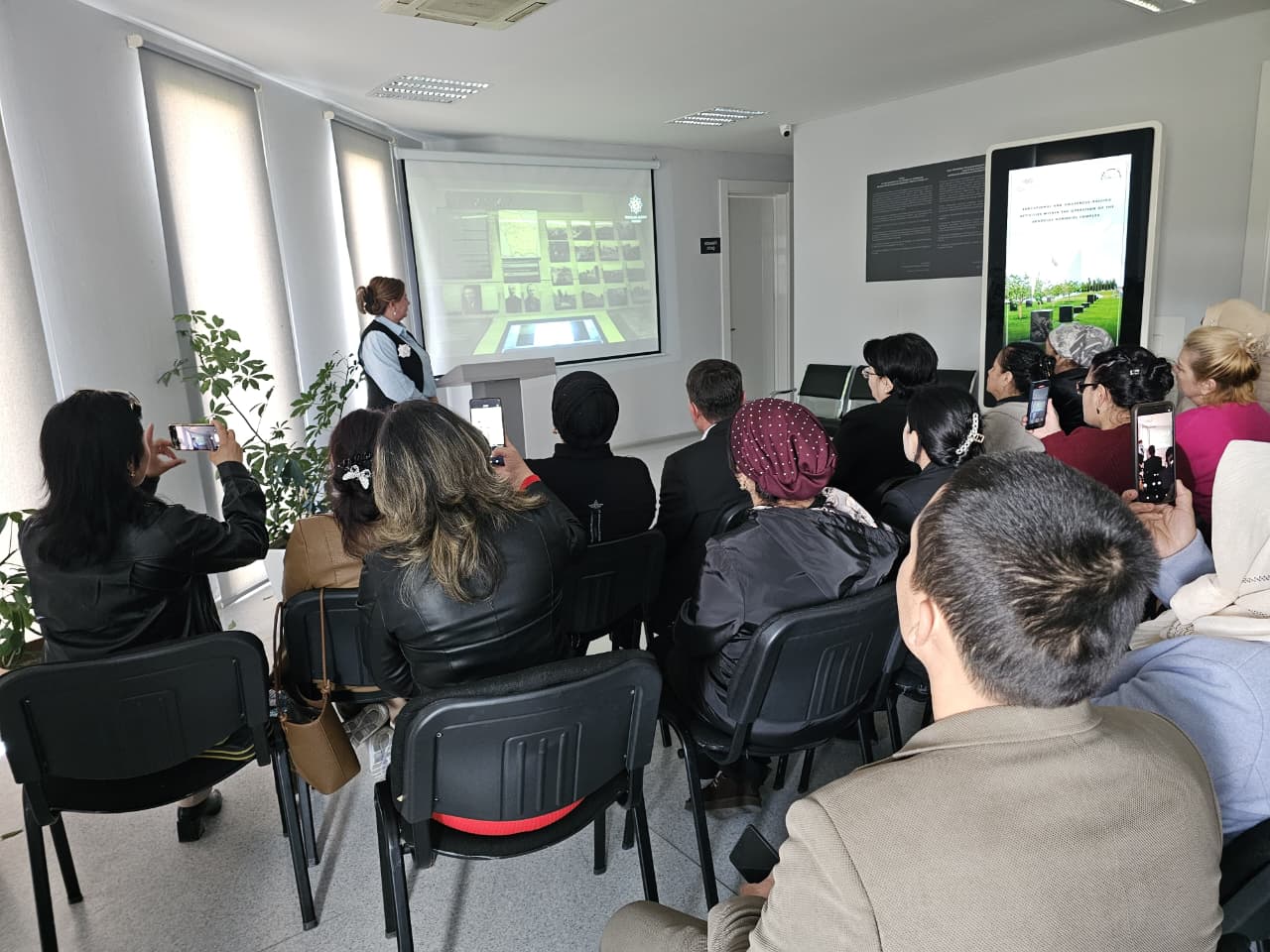
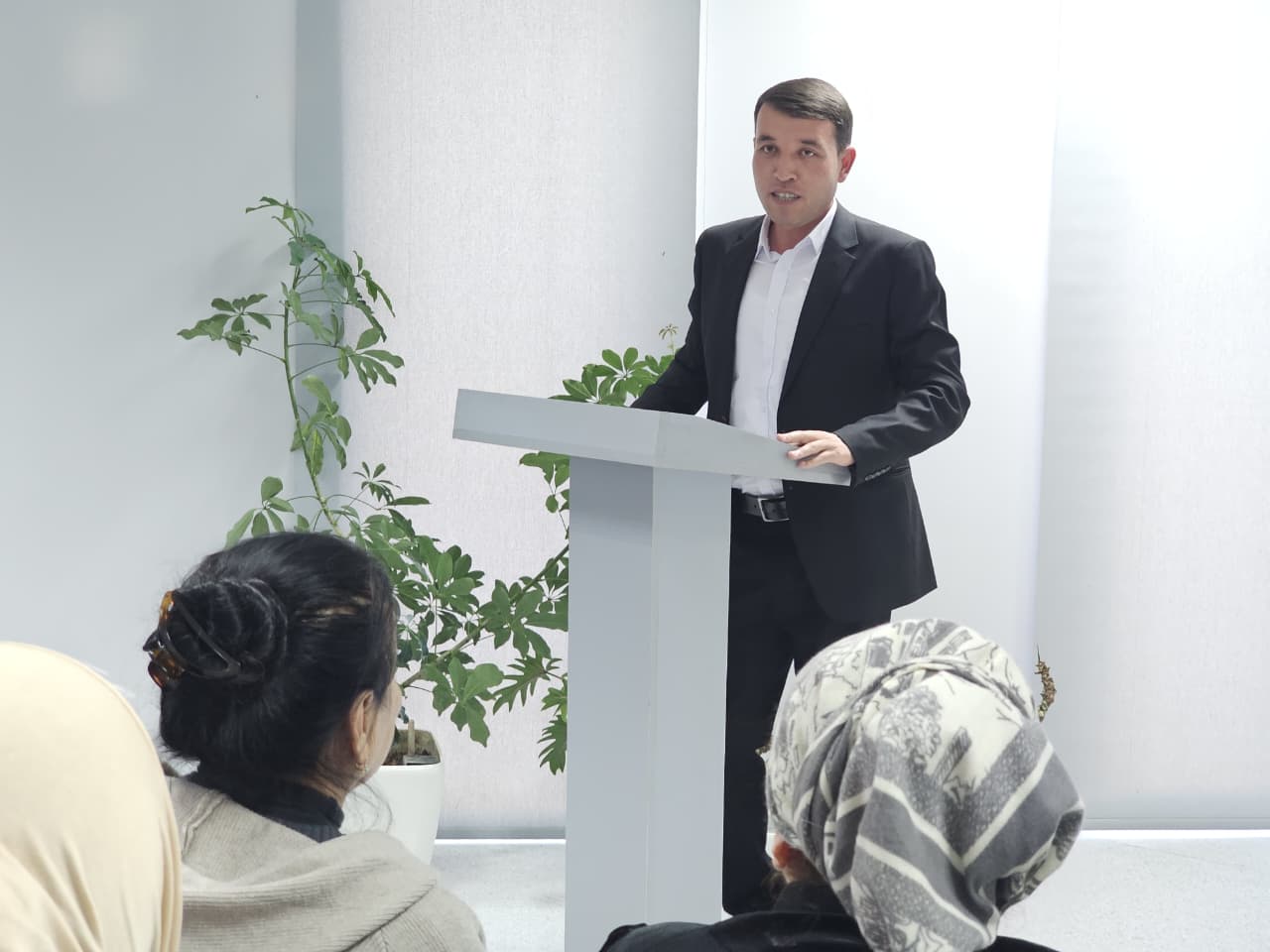
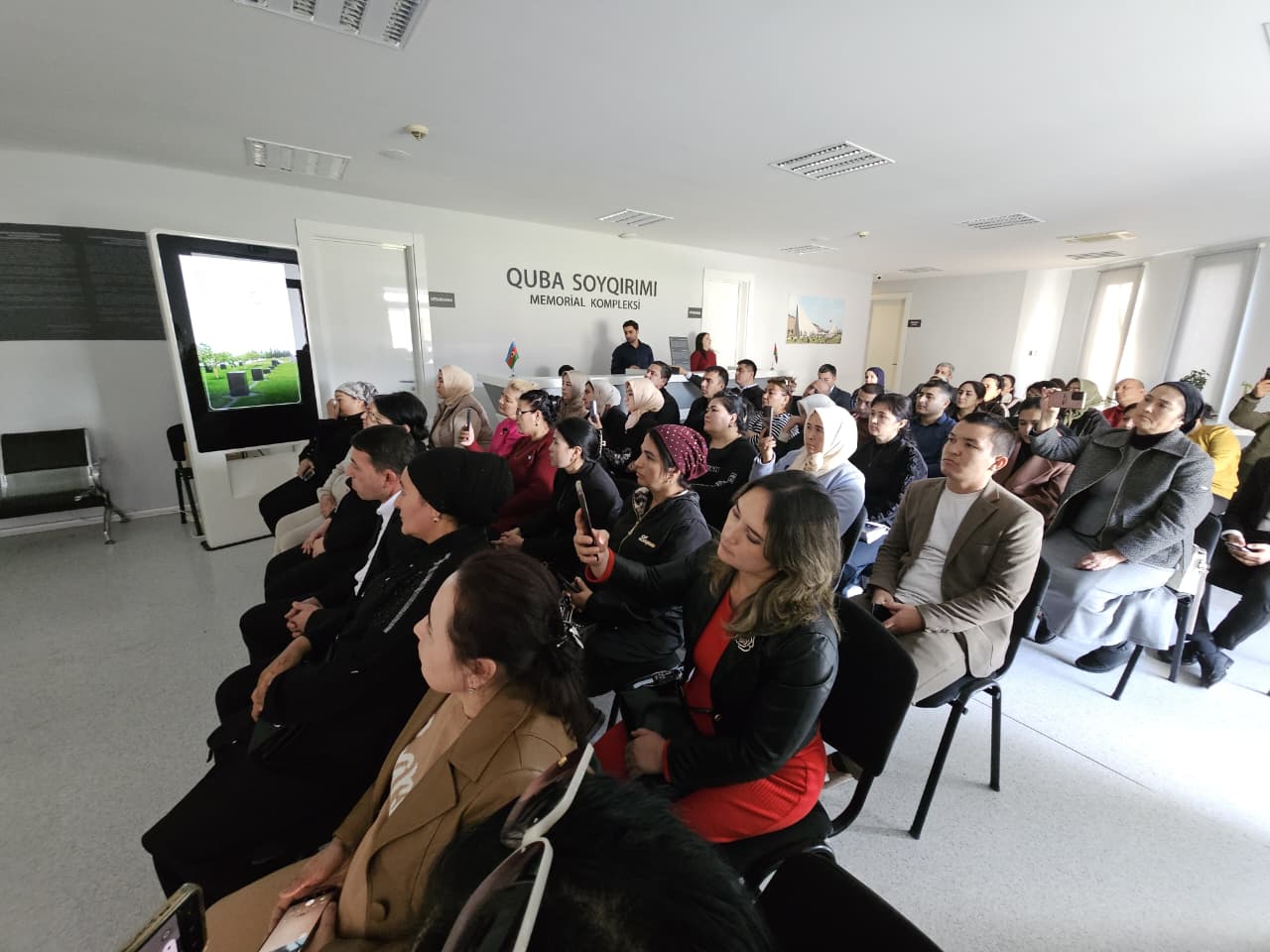
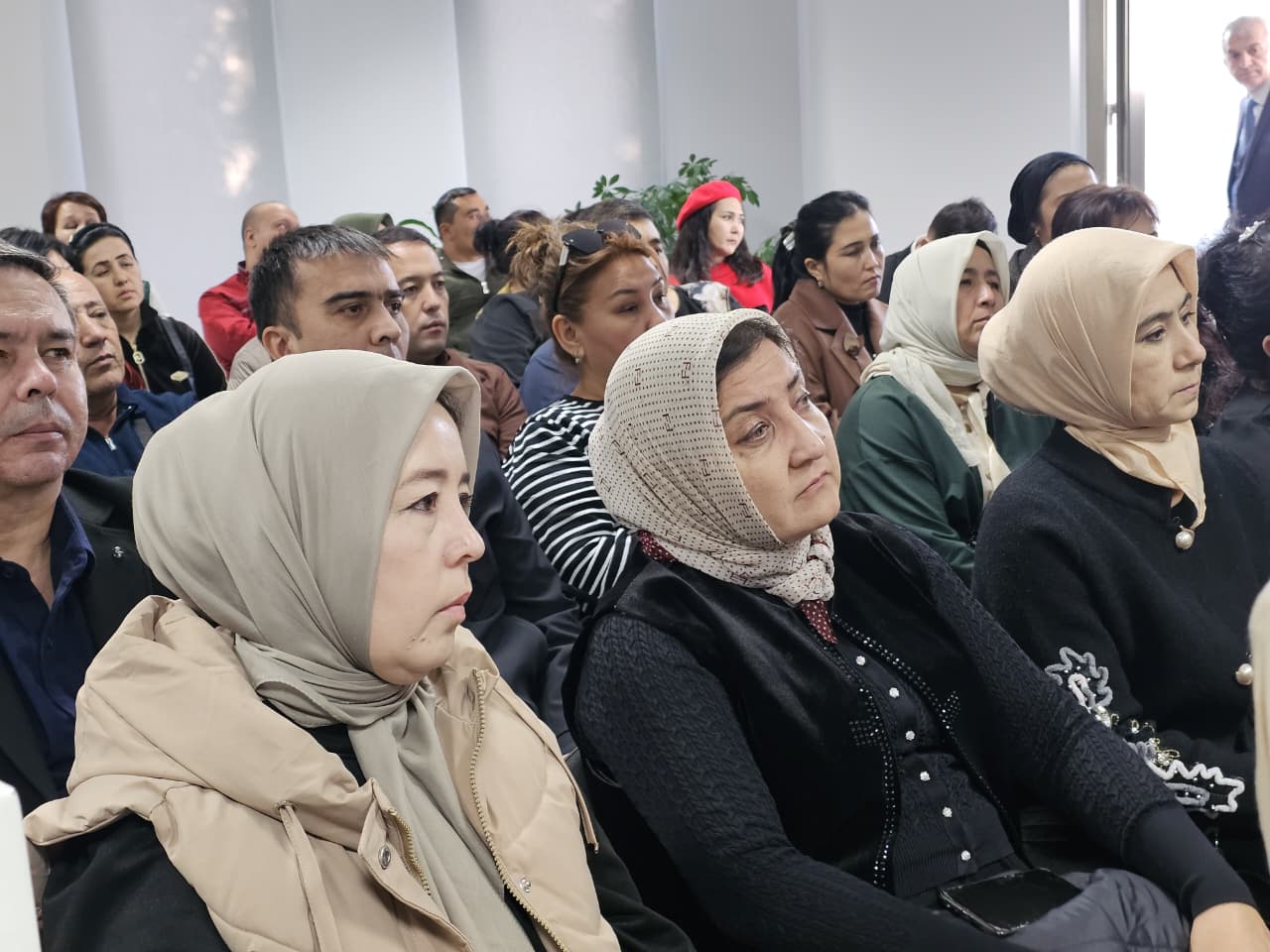
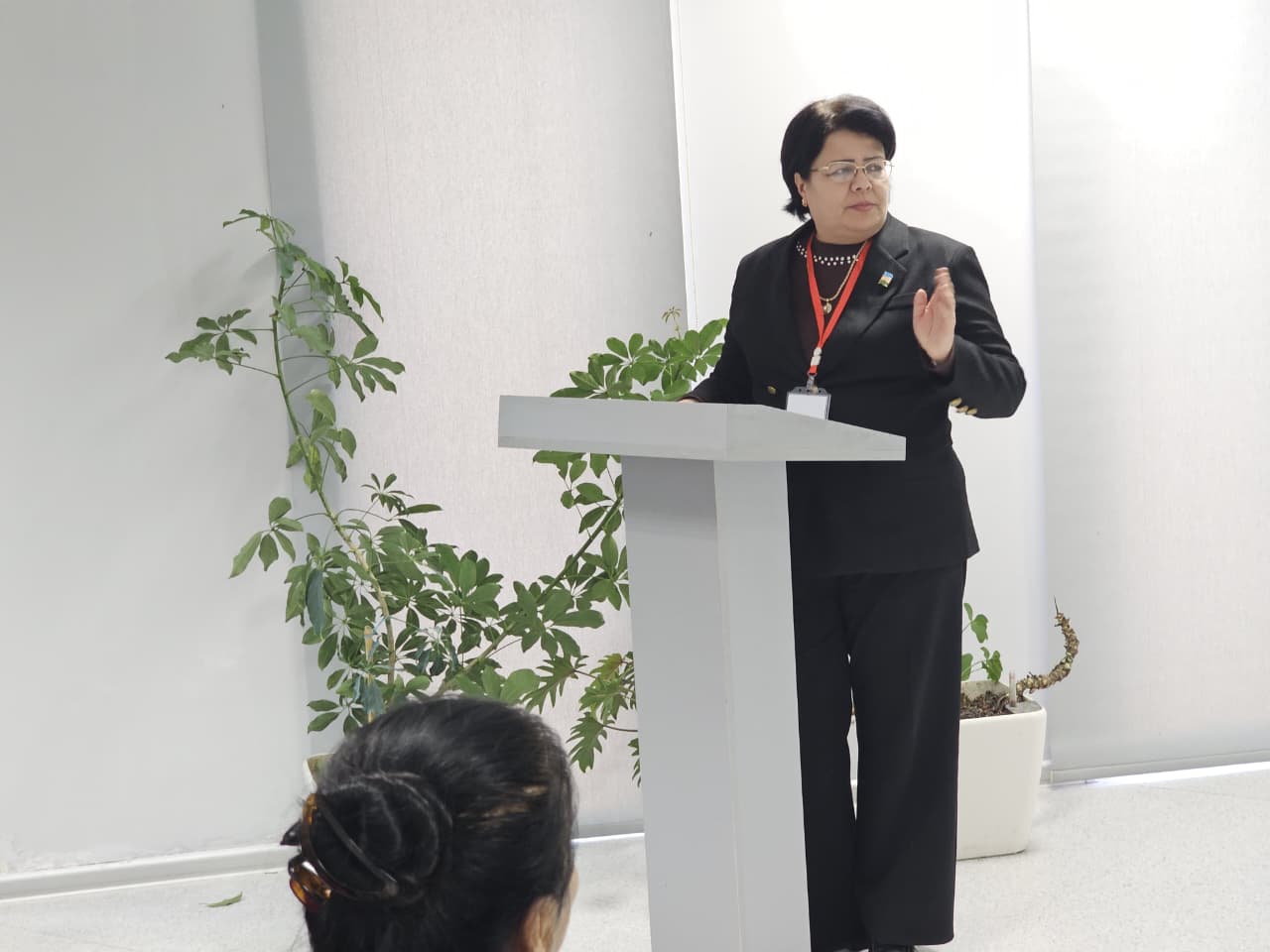
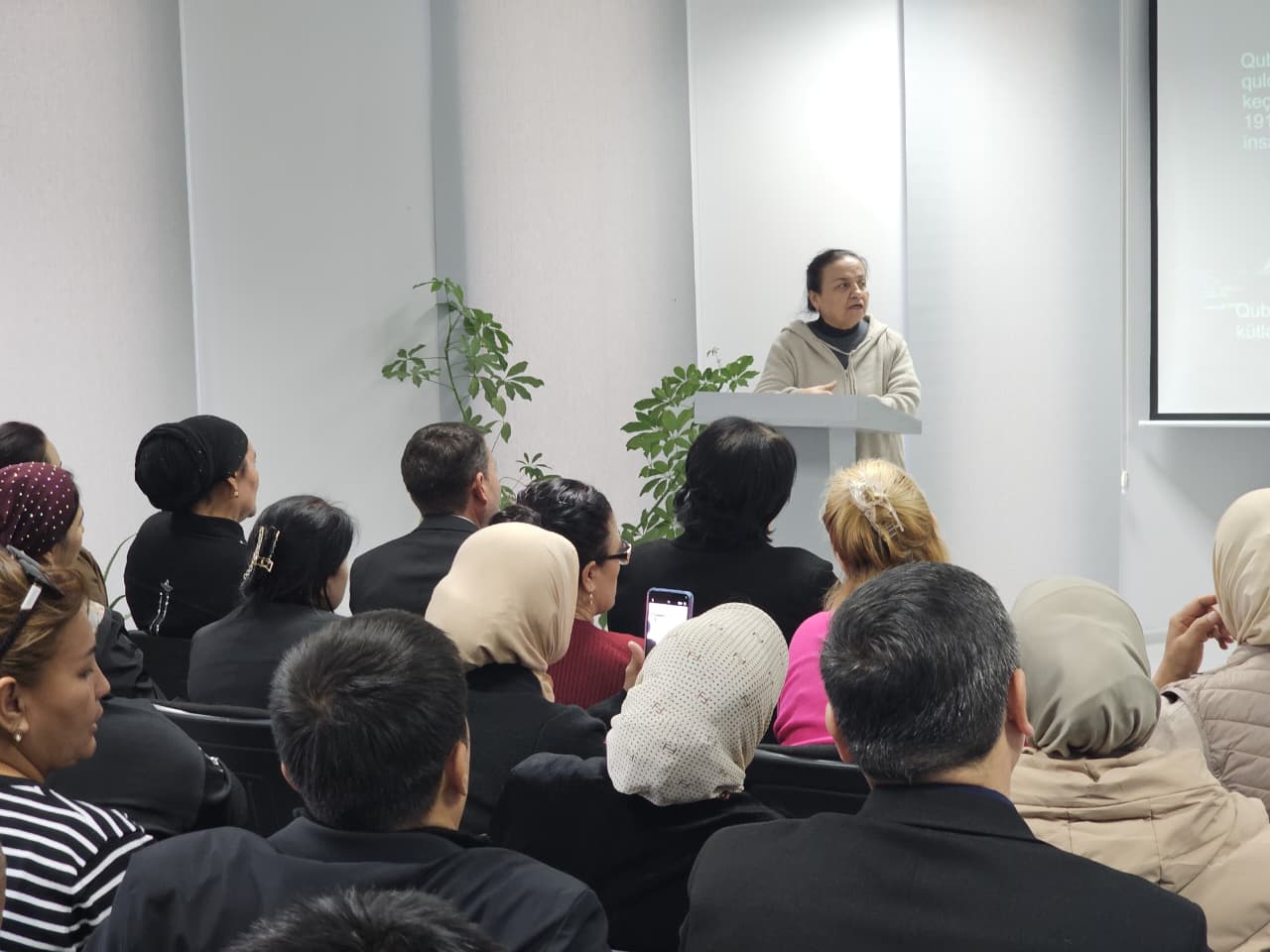
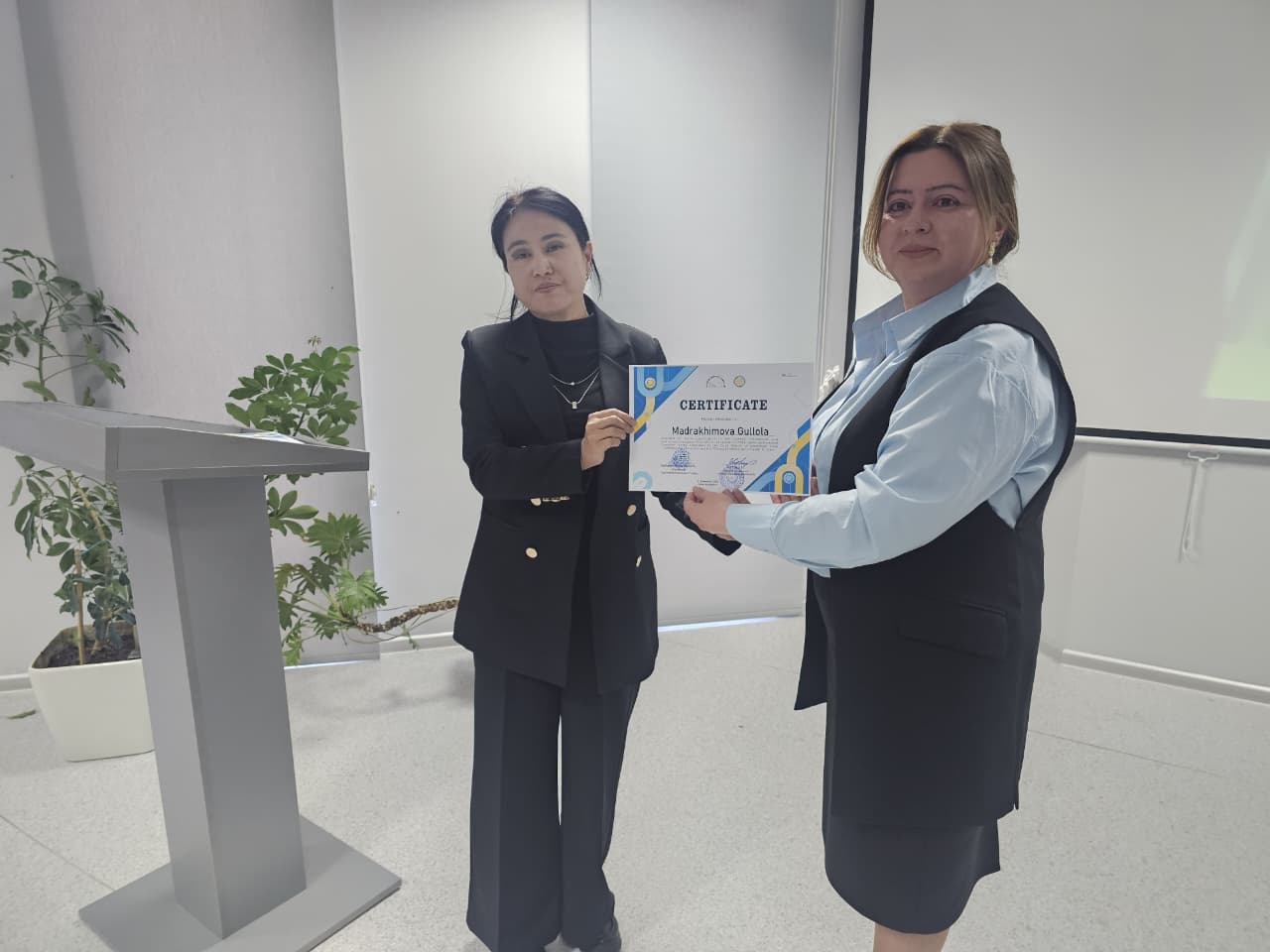
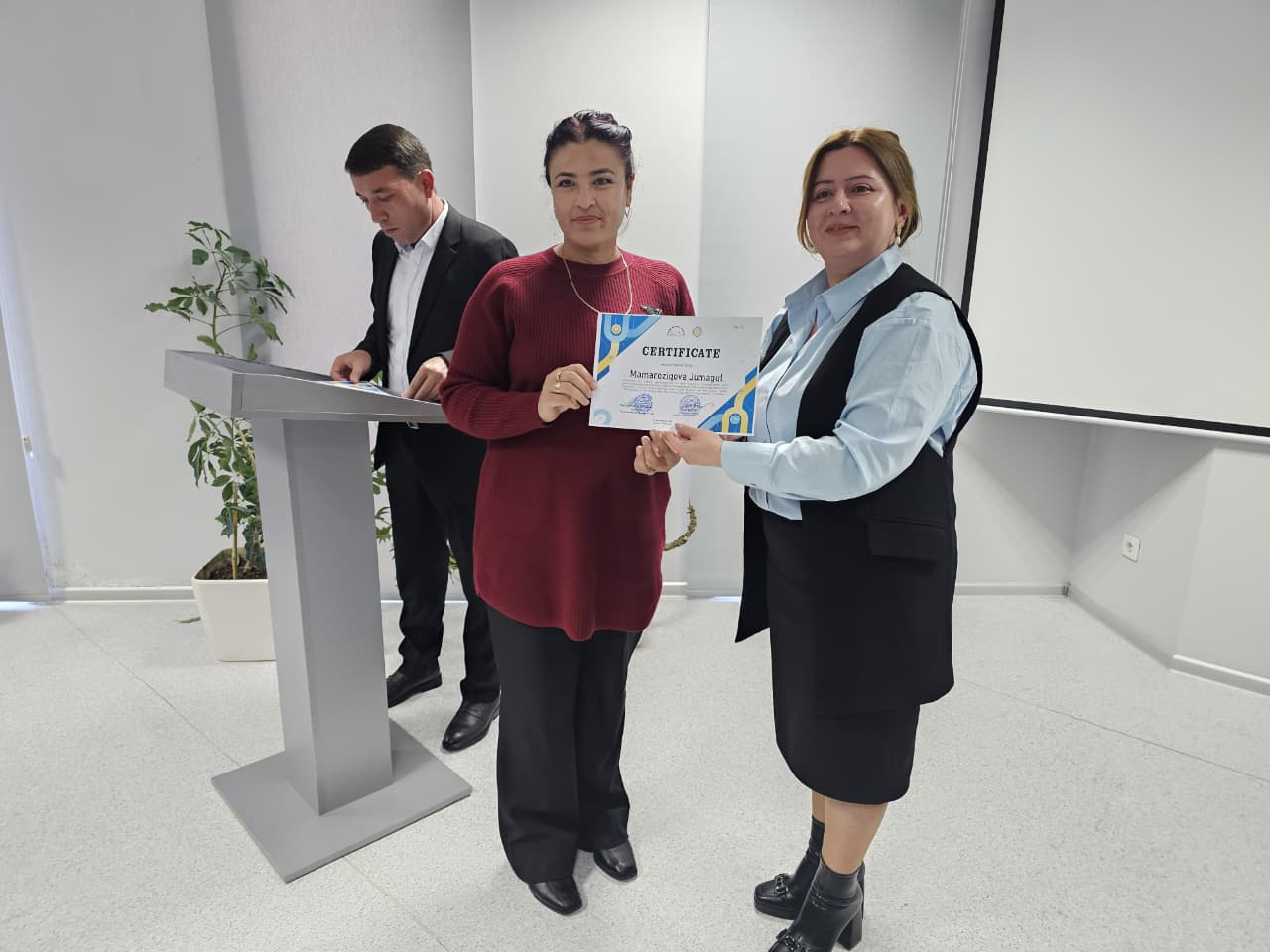
"Lahıc Copper Craftsmanship"
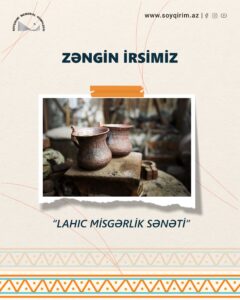
"Tandoor"
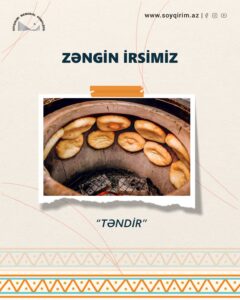
November 12 – Constitution Day of the Republic of Azerbaijan
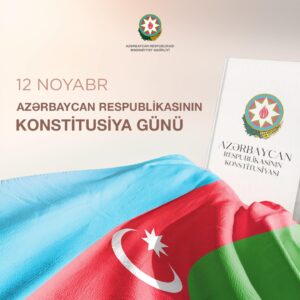
November 12th is one of the most significant and value-rich days in the history of Azerbaijan’s statehood. On this day in 1995, the Constitution was adopted through a nationwide referendum, laying the foundation for the political, economic, and social development of independent Azerbaijan. This document embodies the sovereign will of the people and the principles of freedom, justice, and the rule of law, driving the establishment of a modern, democratic, and legal state.
The Constitution clearly defines the rights and duties of both the state and citizens, contributing to stability and transparency in the governance system. It establishes a balanced mechanism for state administration by accurately delineating the division of powers among the legislative, executive, and judicial branches. This document plays a crucial role as the foundation for protecting human rights and freedoms, ensuring social justice, and promoting the development of civil society.
The Constitution of Azerbaijan is not only a legal document but also a moral and political symbol that reflects our national values, the spirit of independence, and our determination for statehood. Its adoption has played a vital role in Azerbaijan’s recognition as a democratic and legal state in the international community.
Every year, November 12 is proudly celebrated nationwide. This day holds special significance in enhancing the legal culture of citizens, strengthening respect for the law, and fostering a sense of responsibility. Constitution Day reaffirms the commitment of our people to the principles of freedom, equality, and justice. This landmark date serves as a reminder of the importance of building statehood on solid foundations and upholding the rule of law.
The Constitution of the Republic of Azerbaijan remains a key legal guide that directs the country’s comprehensive development, ensures human rights, and strengthens democratic values. It also carries the mission of guiding future generations in the establishment of a free, just, and law-based society.
State Flag Day of the Republic of Azerbaijan

Tree Planting Campaign Held on November 8th – Victory Day, Organized by the Guba District Executive Authority
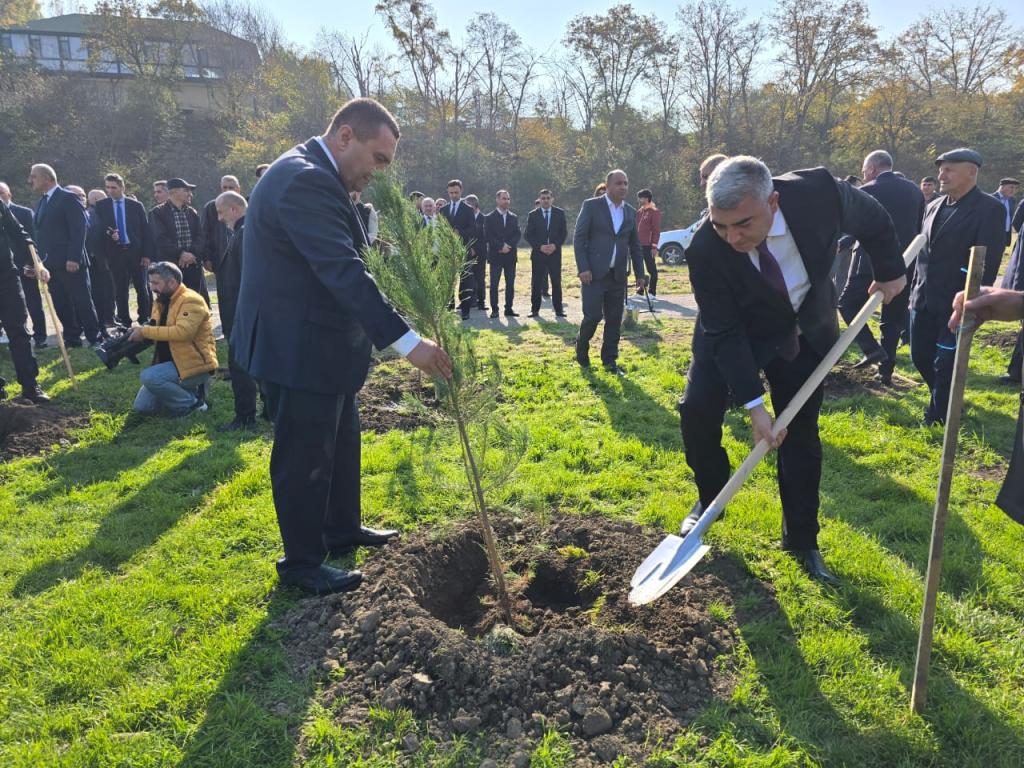
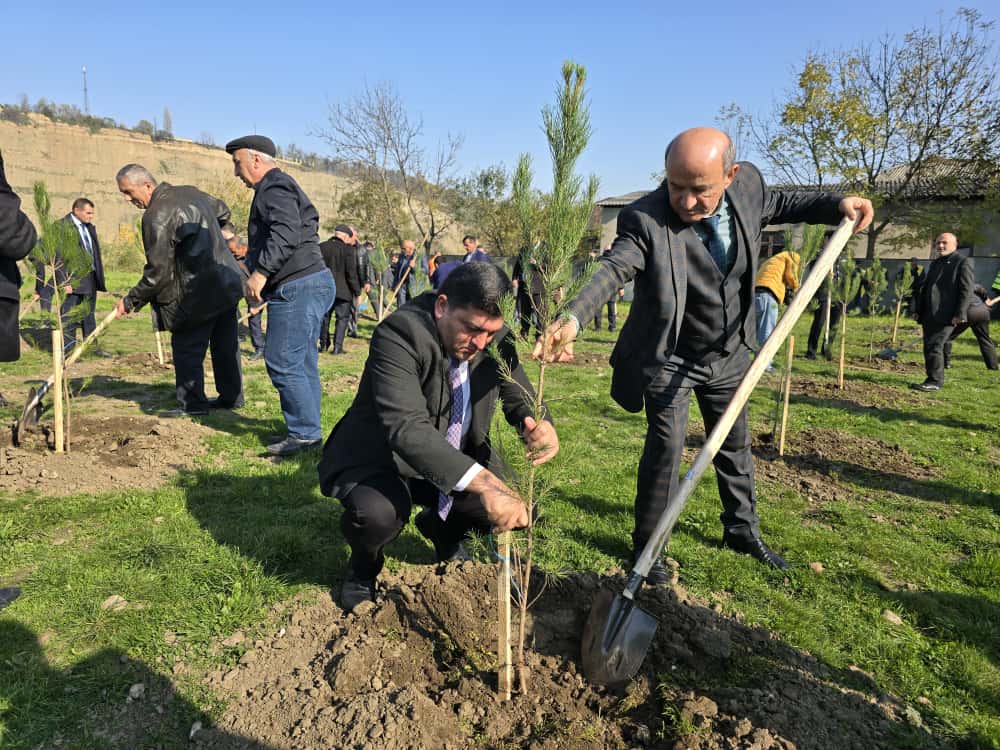






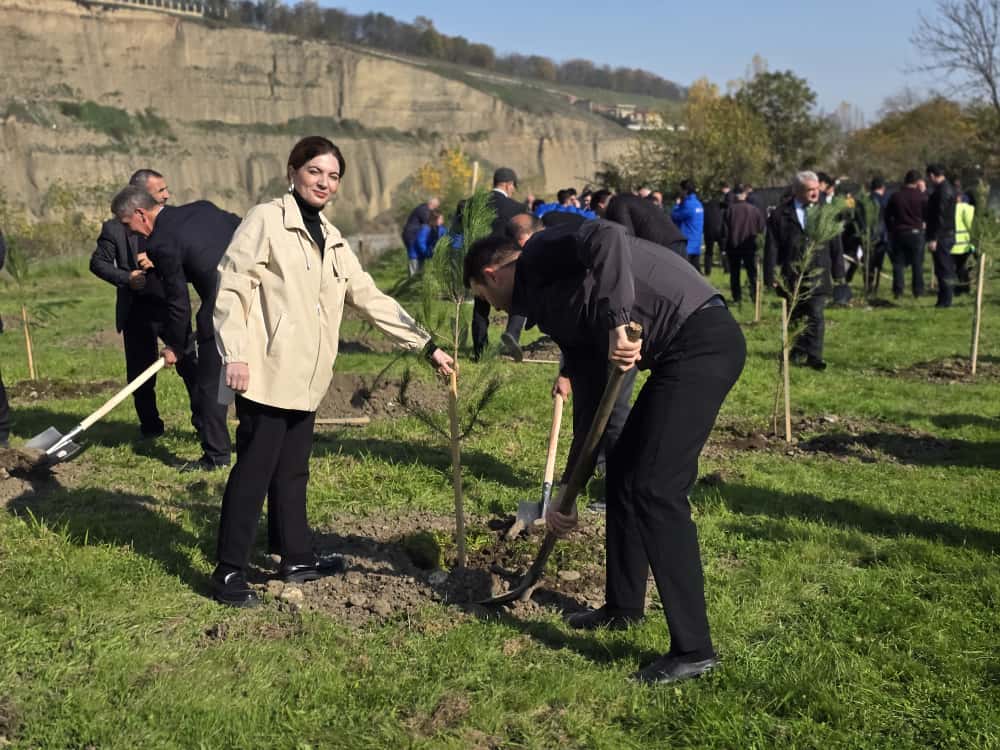




A tree planting campaign was held on November 8, 2025, in honor of Victory Day, organized by the Guba District Executive Authority. The event saw the participation of the leadership and staff of the “Genocide Memorial Complex” in Guba city. The campaign aimed to promote environmental sustainability and commemorate the significant national holiday by planting trees in the region
9 Noyabr – Dövlət Bayrağı Gününə həsr edilmiş vebinar keçirilib.
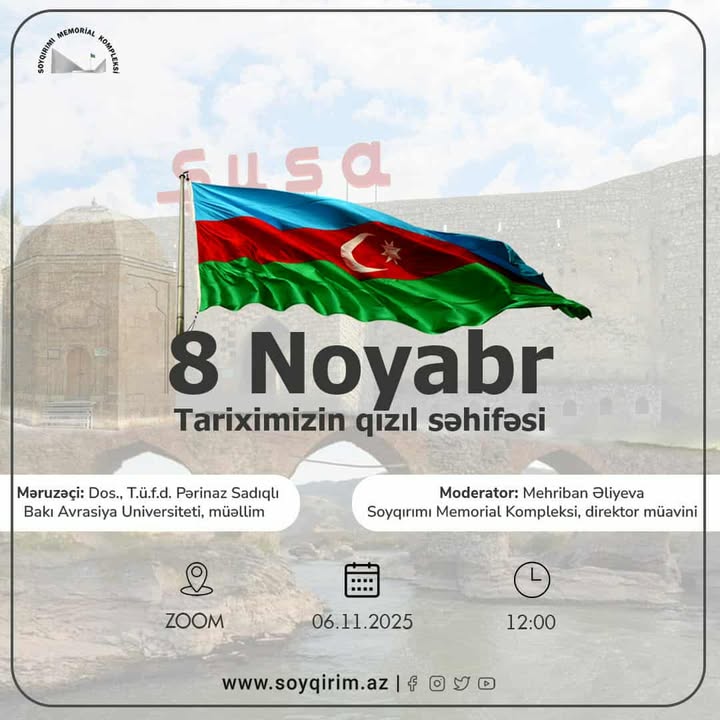
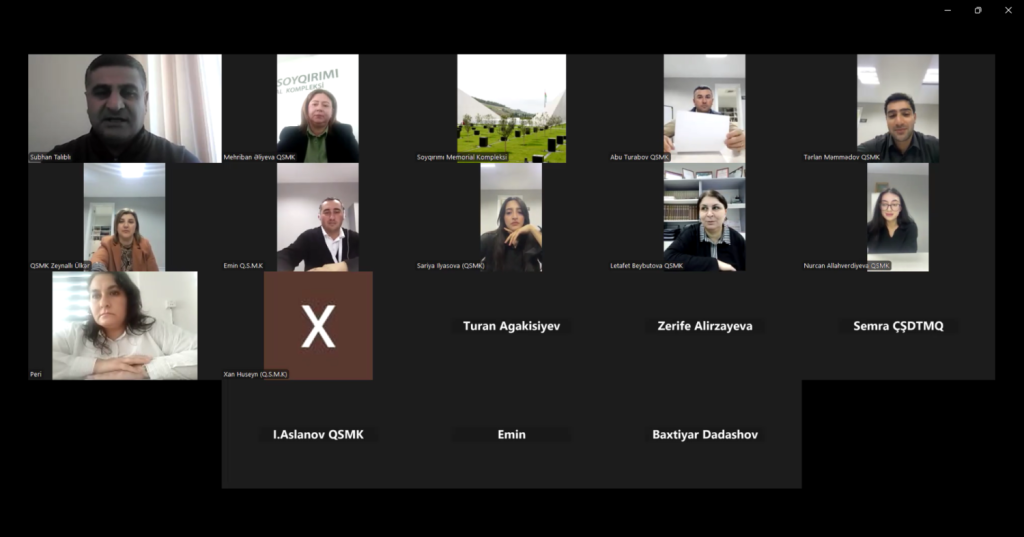
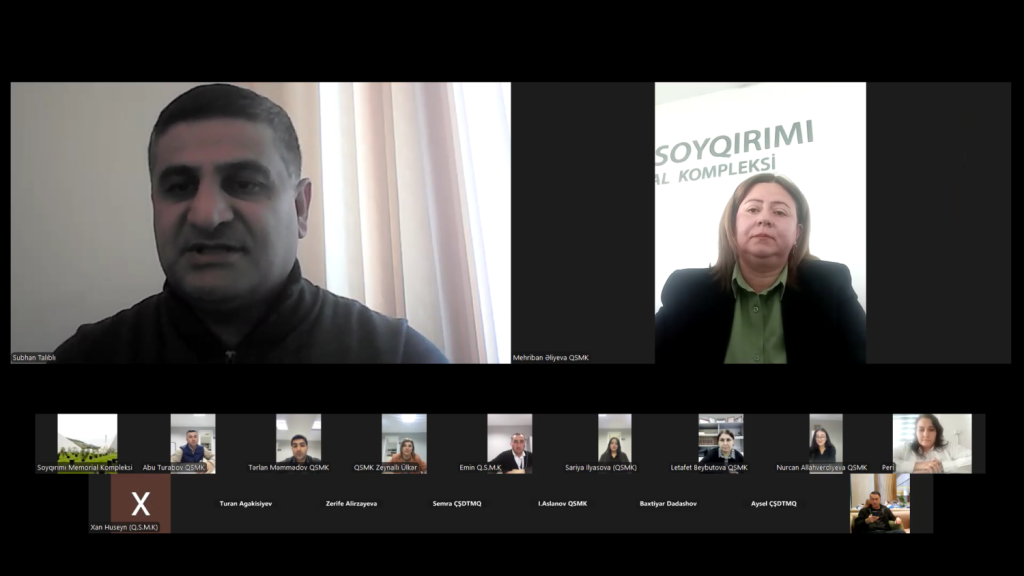
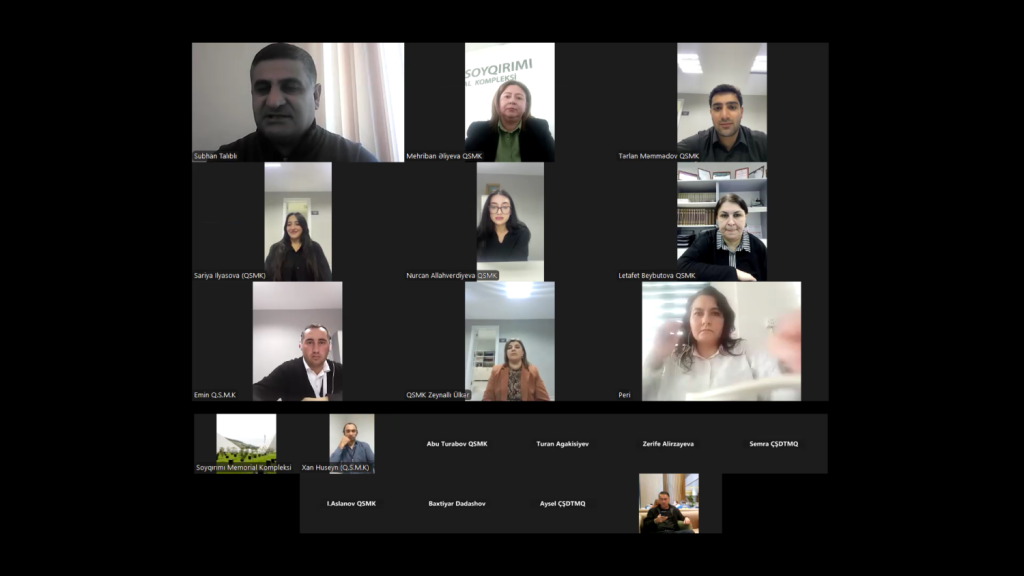
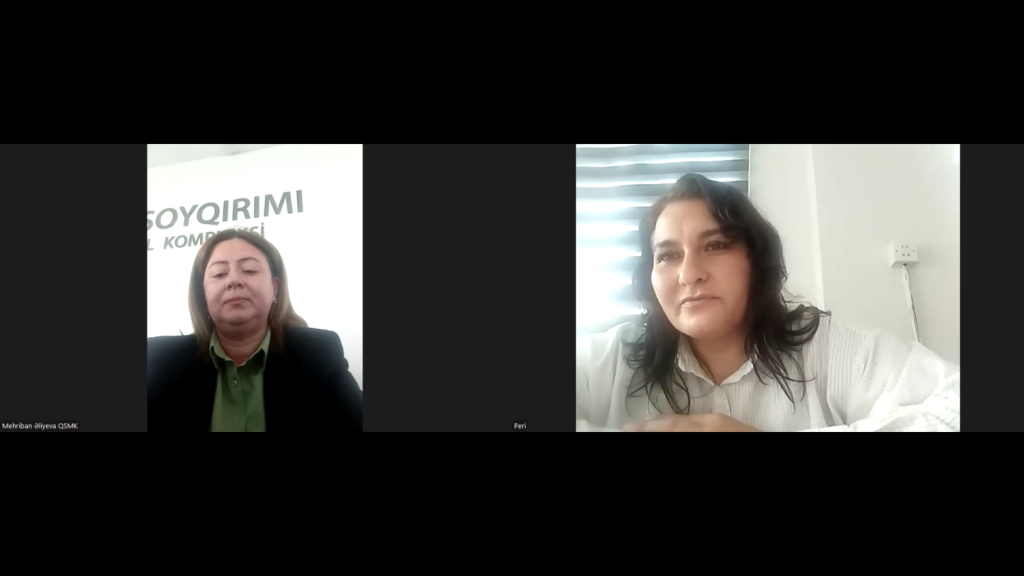
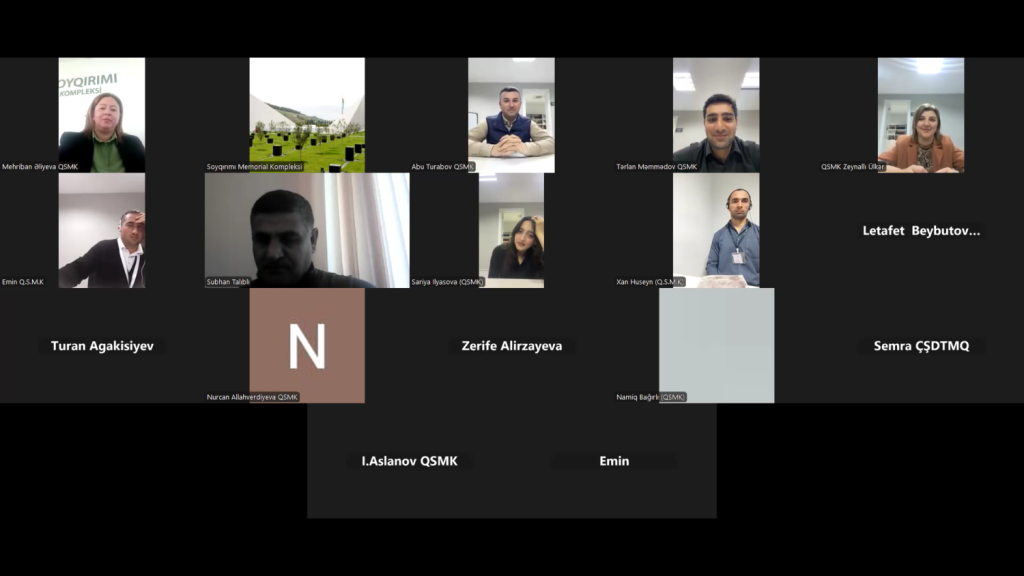
Soyqırımı Memorial Kompleksinin təşkilatçılığı ilə “Konstitusiya və Suverenlik İli” çərçivəsində 9 Noyabr – Dövlət Bayrağı Gününə həsr olunmuş vebinar keçirilmişdir. Kompleksin direktor müavini Mehriban Əliyevanın moderatorluğu ilə keçirilən vebinarda Mədəni İrsin Qorunması, İnkişafı və Bərpası üzrə Dövlət Xidmətinin tabeliyində olan müxtəlif qoruqlardan 30-dan çox əməkdaş iştirak edib.Tədbirdə çıxış edən Bakı Avrasiya Universitetinin Sosial və Siyasi Fənlər Kafedrasının dosenti, tarix üzrə fəlsəfə doktoru Pərinaz Sadıqlı, Ali Baş Komandan İlham Əliyevin liderliyi ilə Azərbaycanın qəhrəman ordusunun işğal altında olan torpaqlarını azad edərək, dünya tarixinə qızıl hərflərlə həkk olunan bir zəfər qazandığını bildirib. O, 9 Noyabr Dövlət Bayrağı Gününün, tarixi torpaqlarımızda böyük qürur və fərəh hissi ilə qeyd olunduğunu vurğulayıb.Daha sonra çıxış edən AMEA Z. Bünyadov adına Şərqşünaslıq İnstitutunun aparıcı elmi işçisi, tarix üzrə fəlsəfə doktoru, dosent Sübhan Talıblı müstəqilliyini bərpa etdikdən sonra Azərbaycanın dövlət bayrağının milli suverenliyin simvolu kimi, ölkəmizin bütün vətəndaşları üçün müqəddəs dövlətçilik rəmzlərindən birinə çevrildiyini bildirib.Sonda, mövzu ətrafında fikir mübadiləsi aparılıb.
A Series of Events Titled "The Road to Victory" Held in the Framework of the "Constitution and Sovereignty Year," Dedicated to November 8th – Victory Day and the 1918 Genocides Against Azerbaijanis
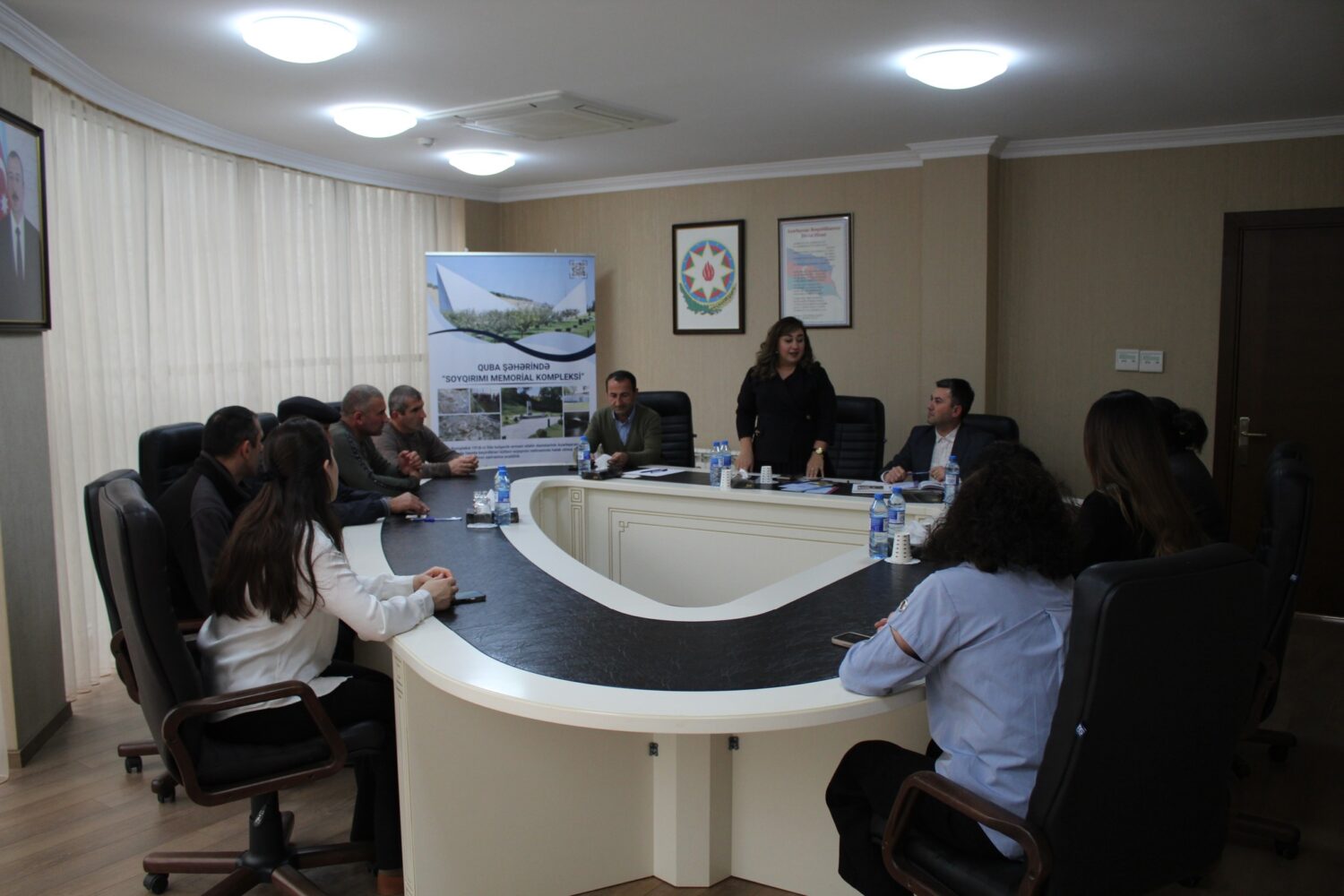
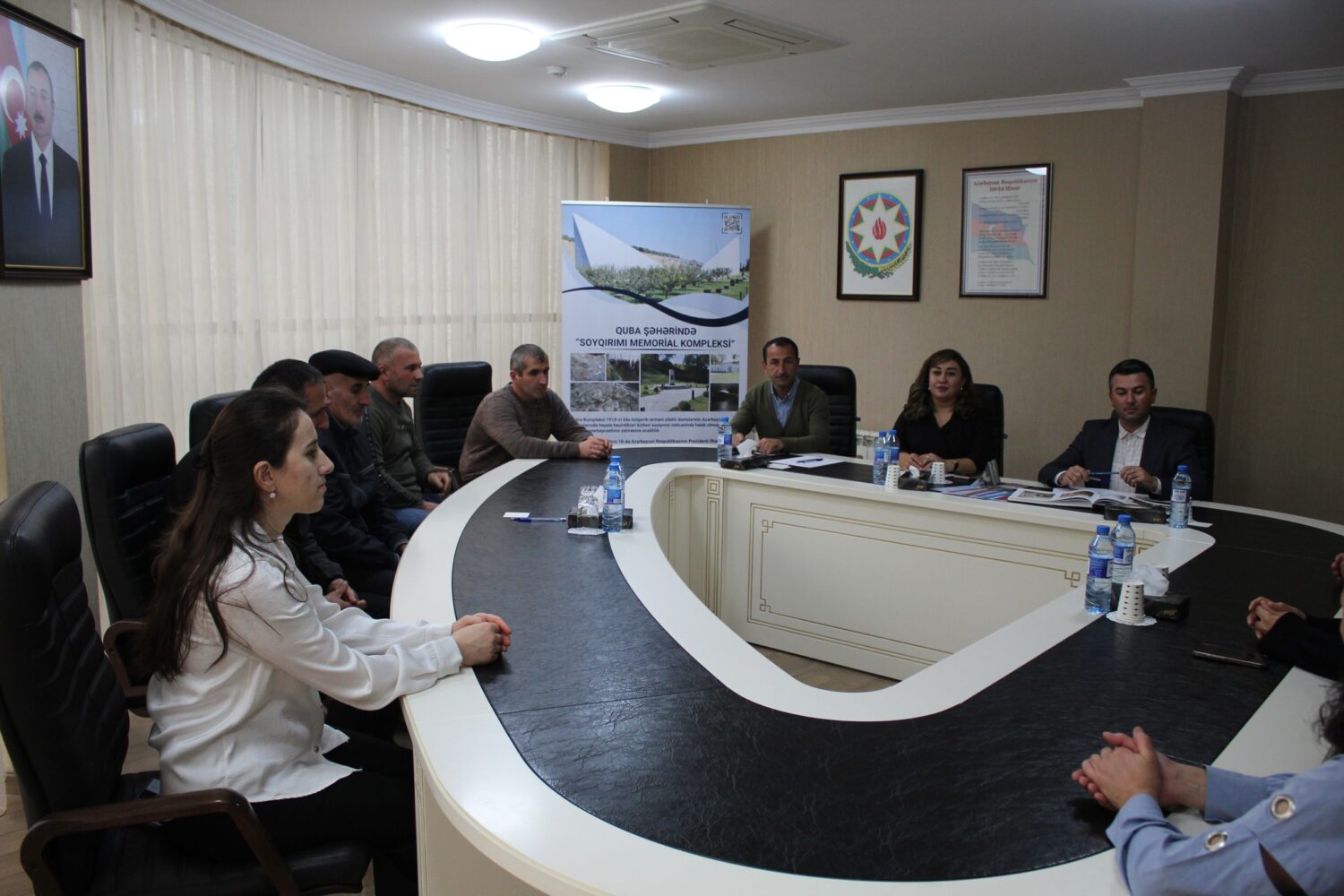
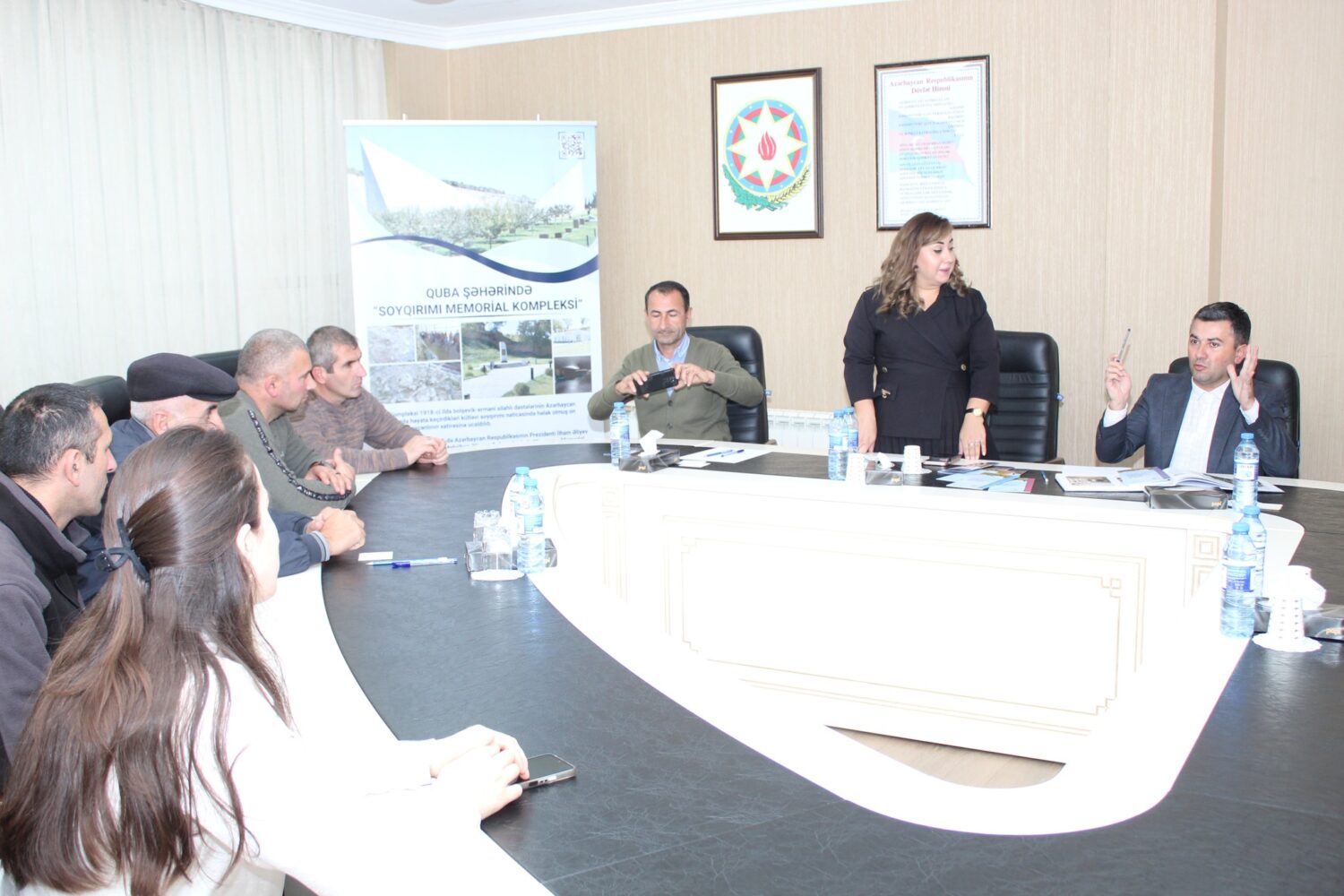
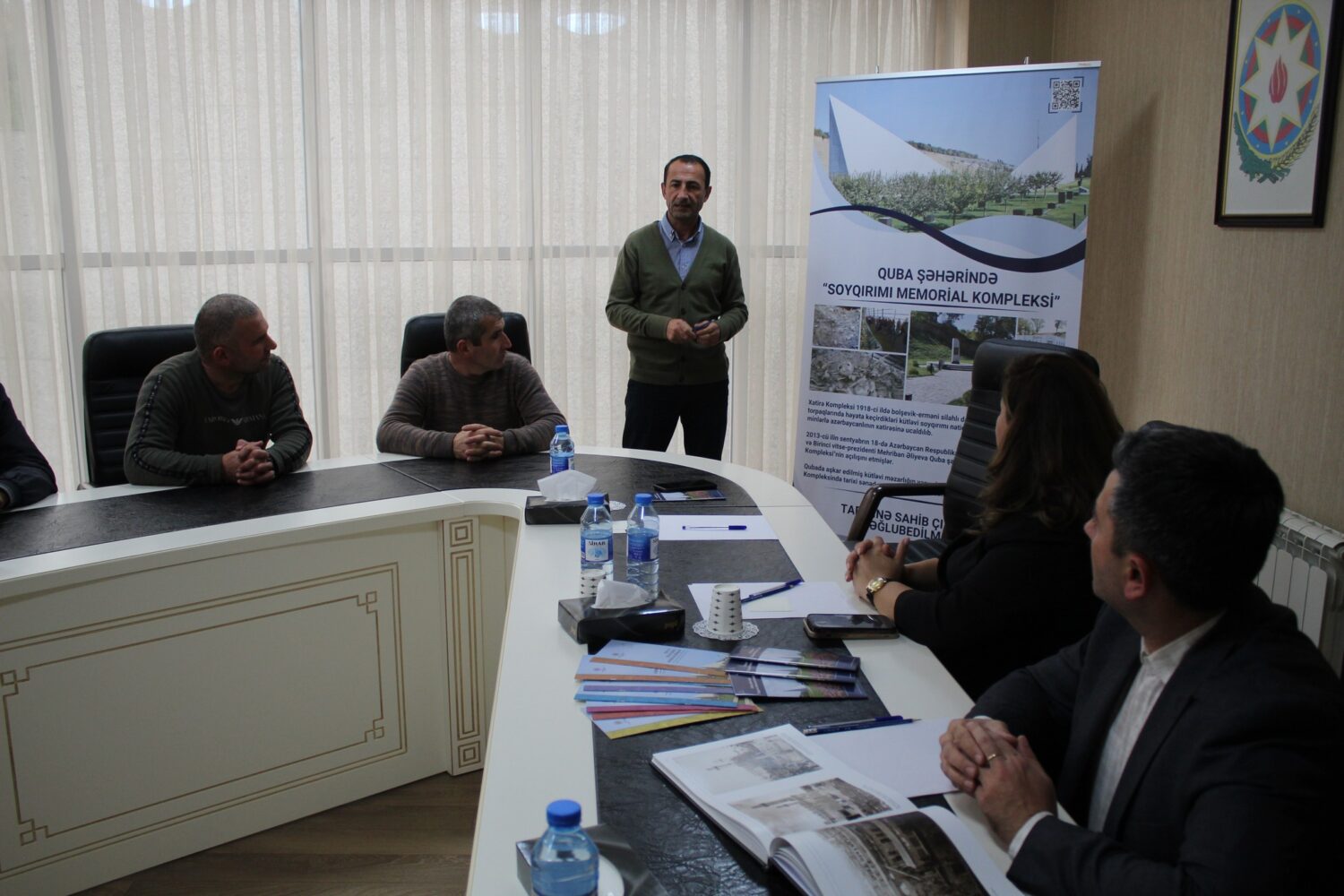
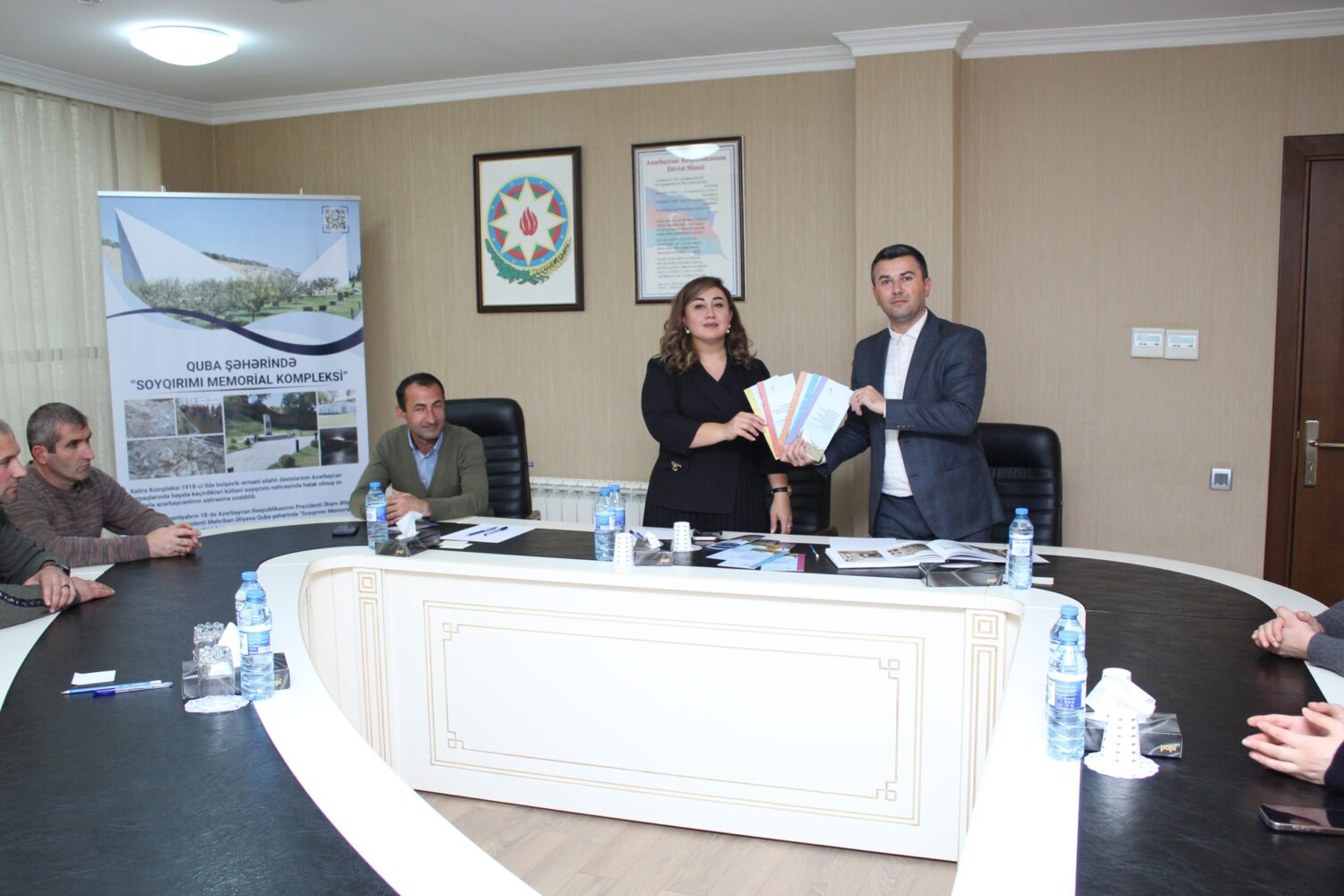
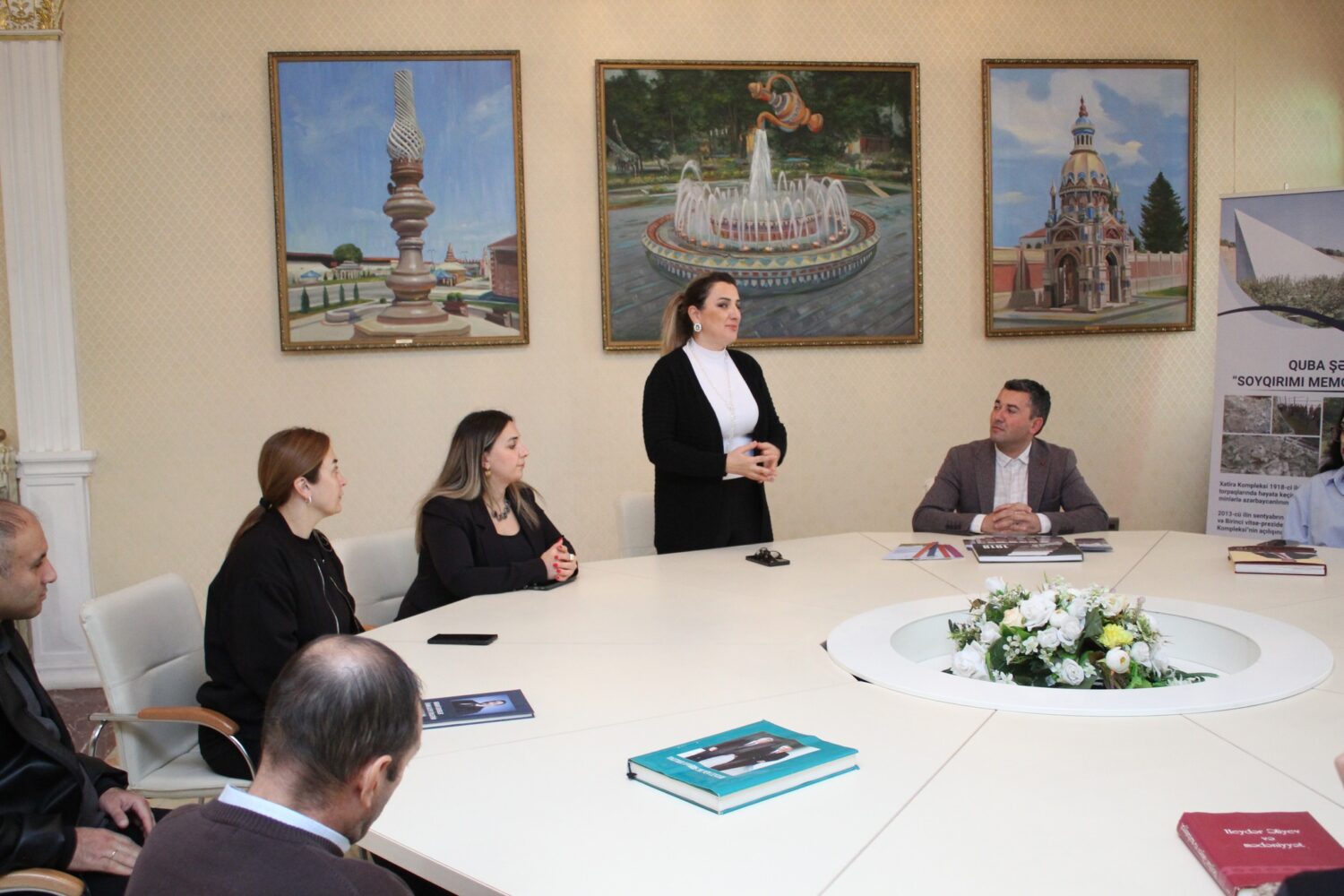
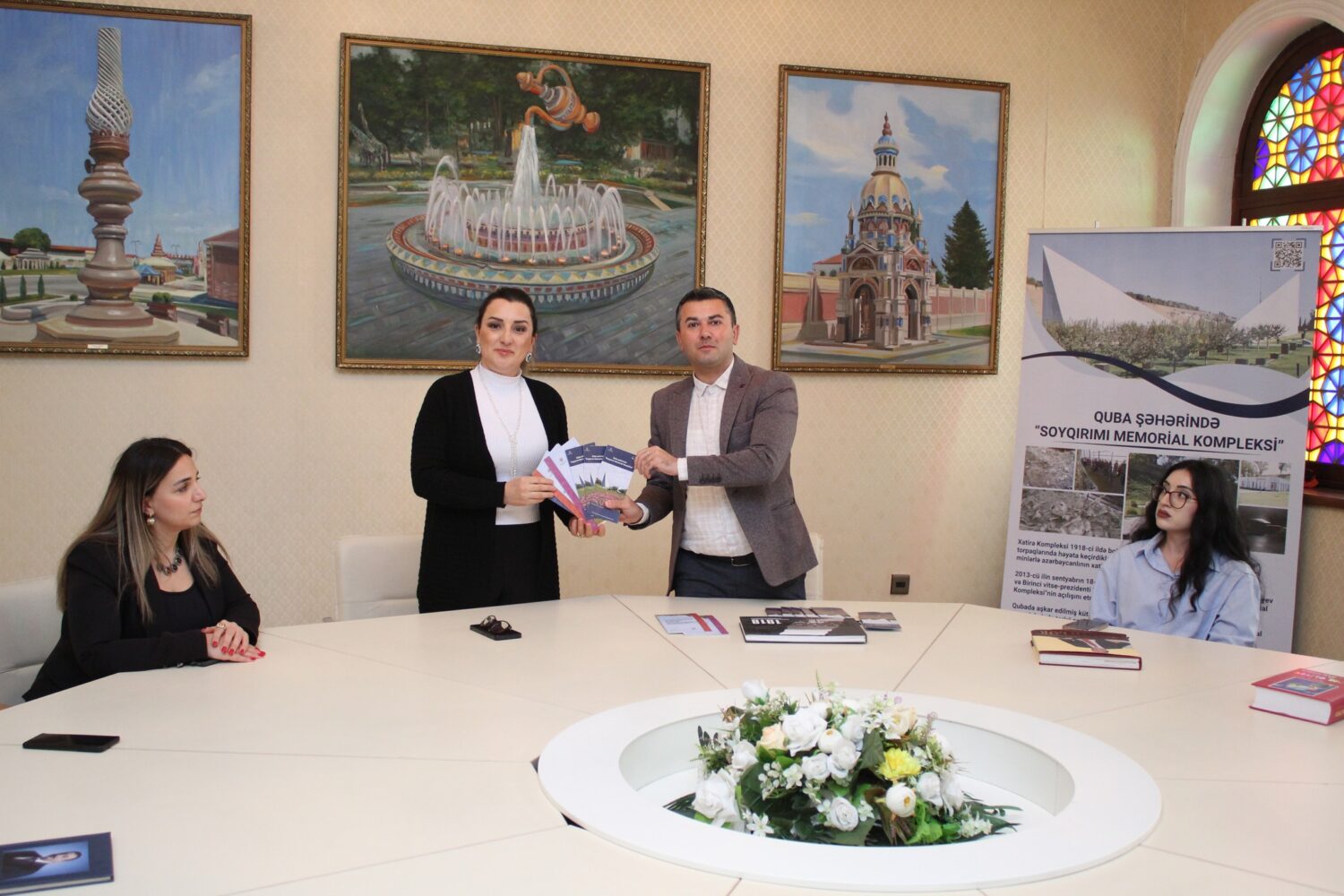
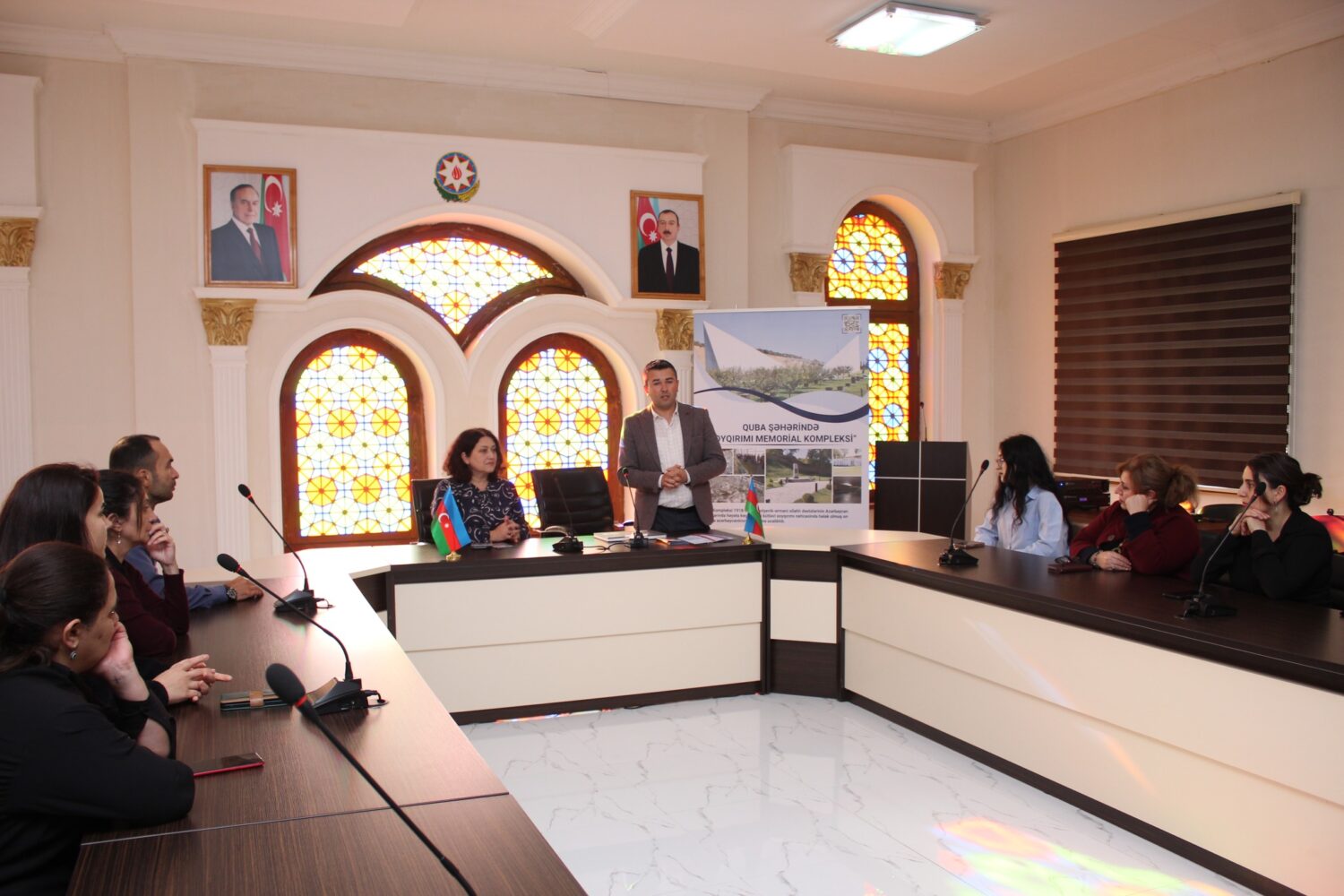
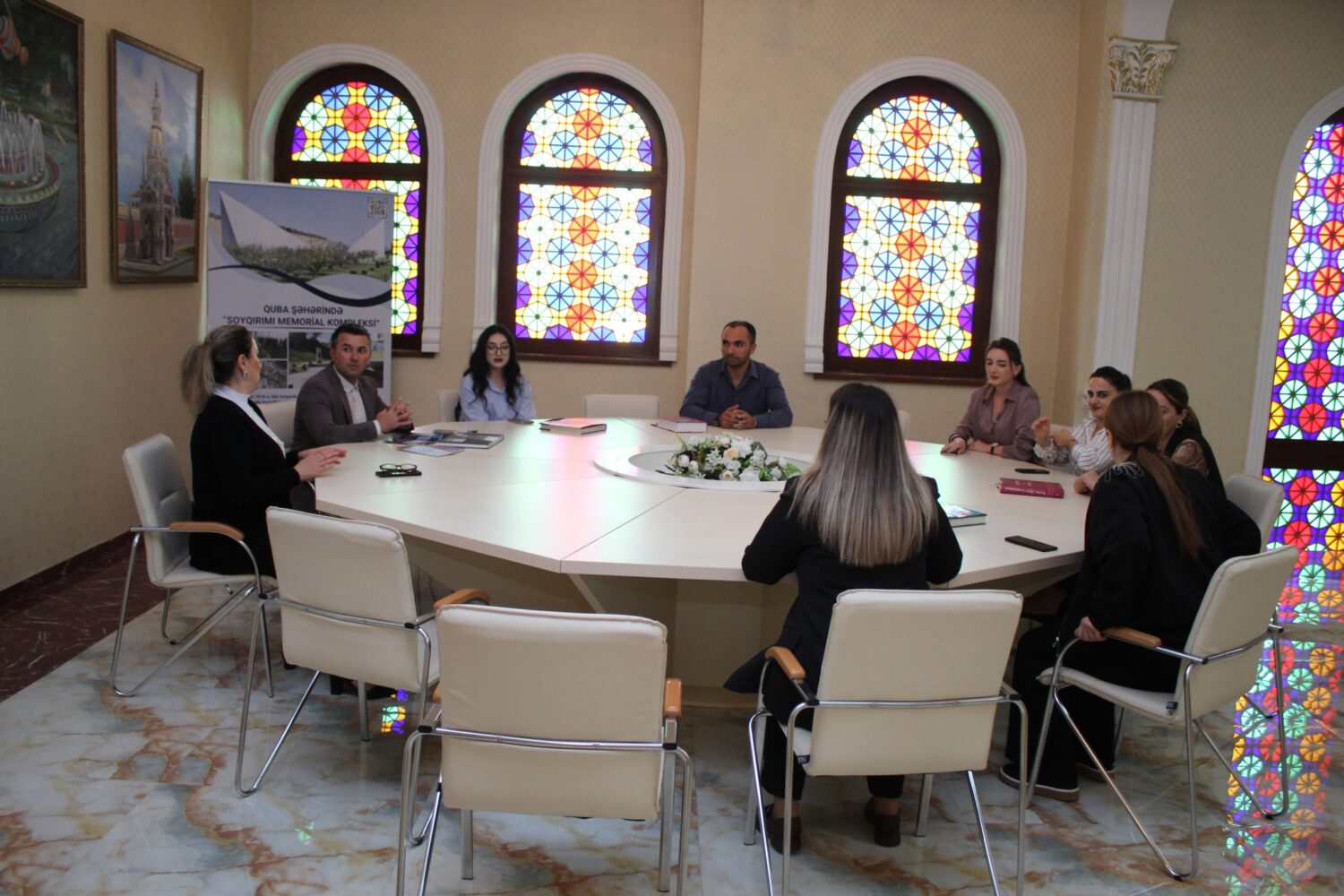
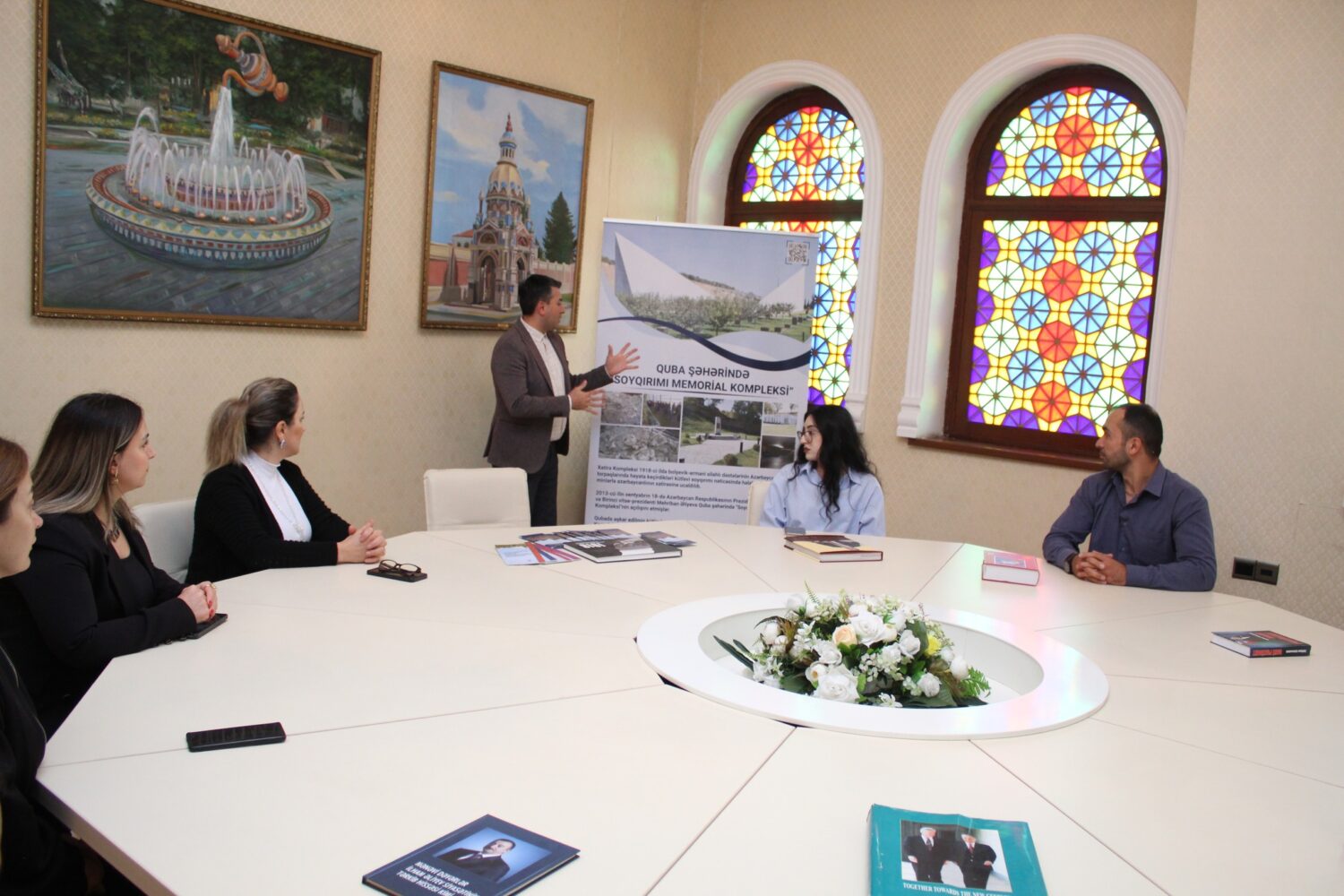
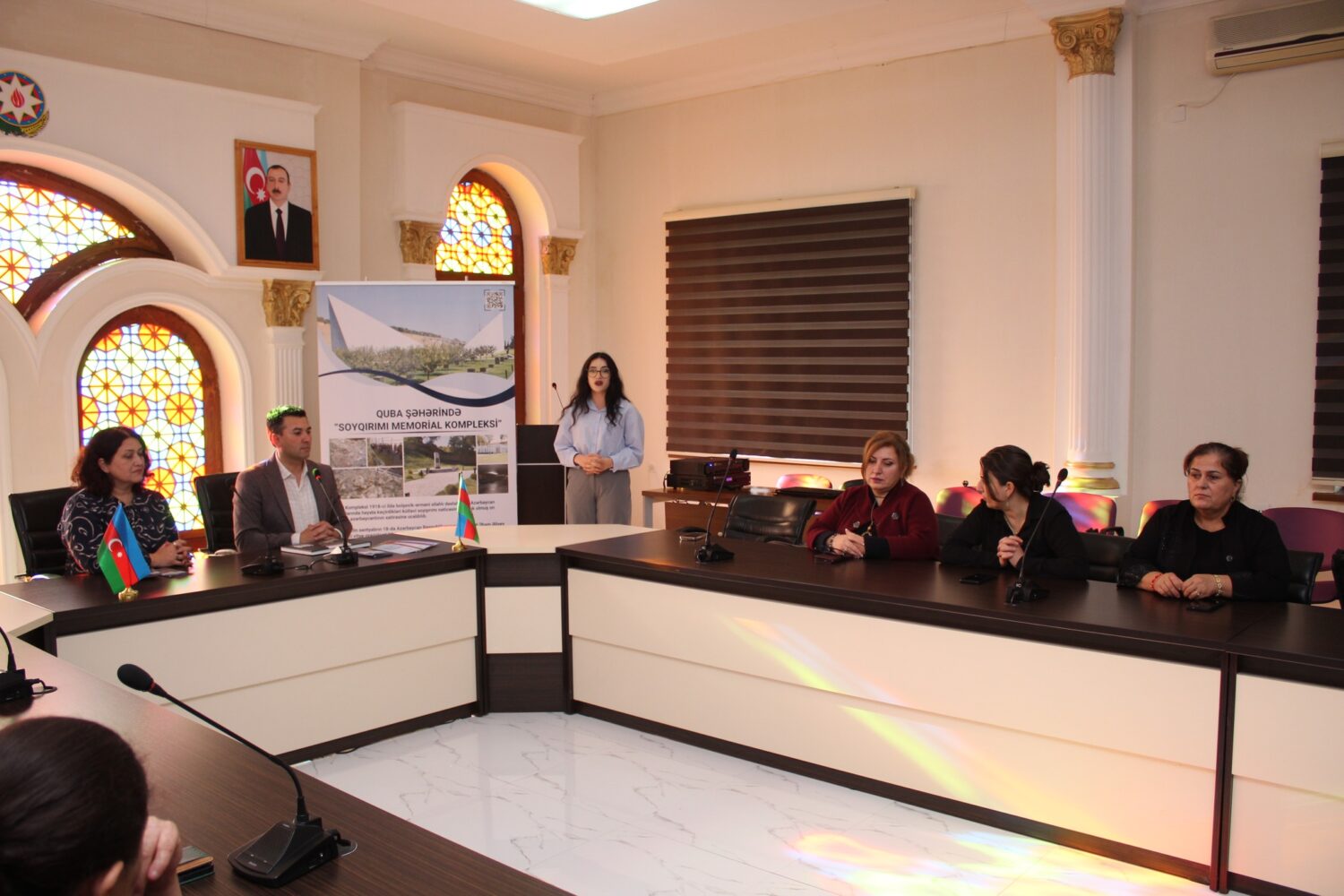
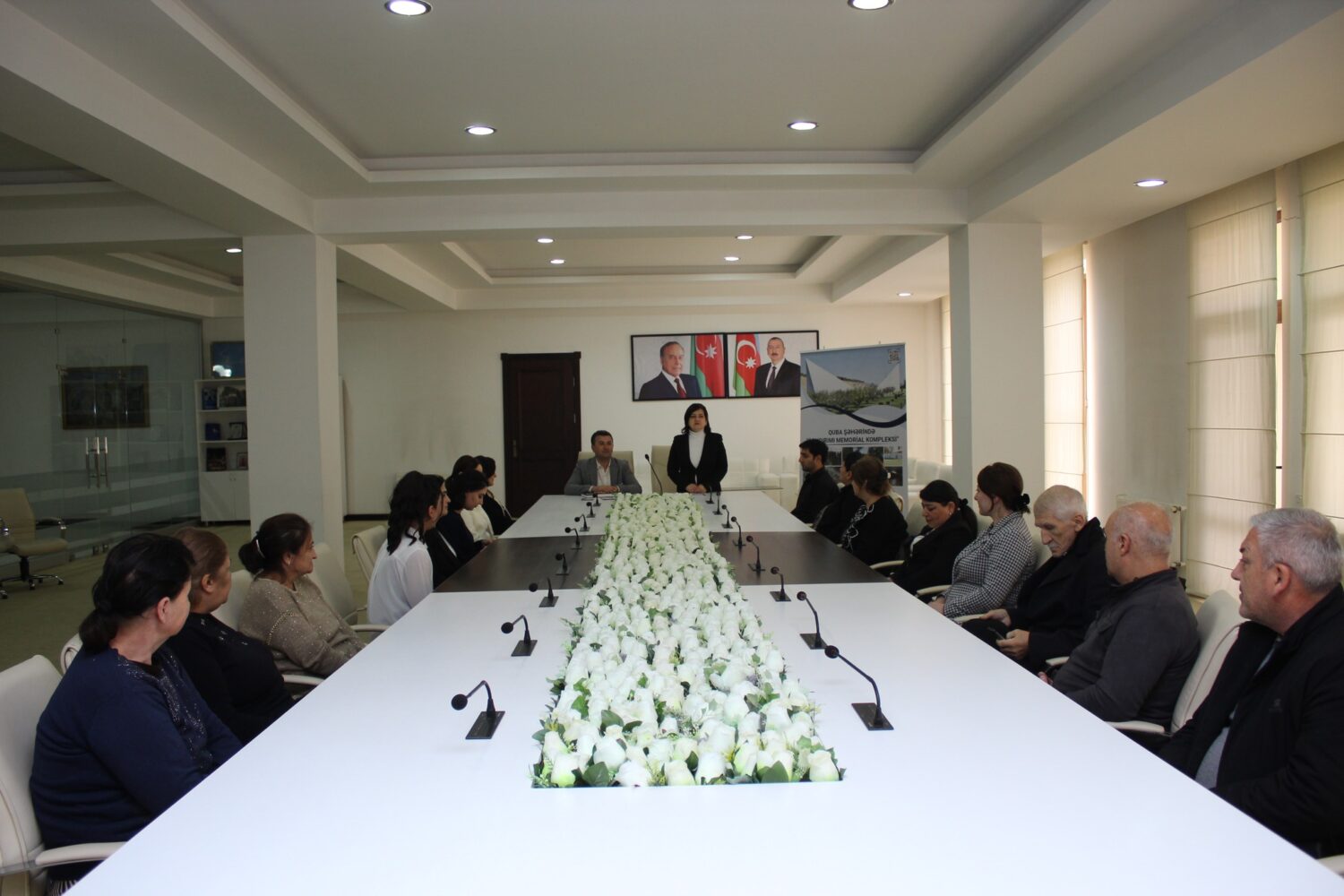
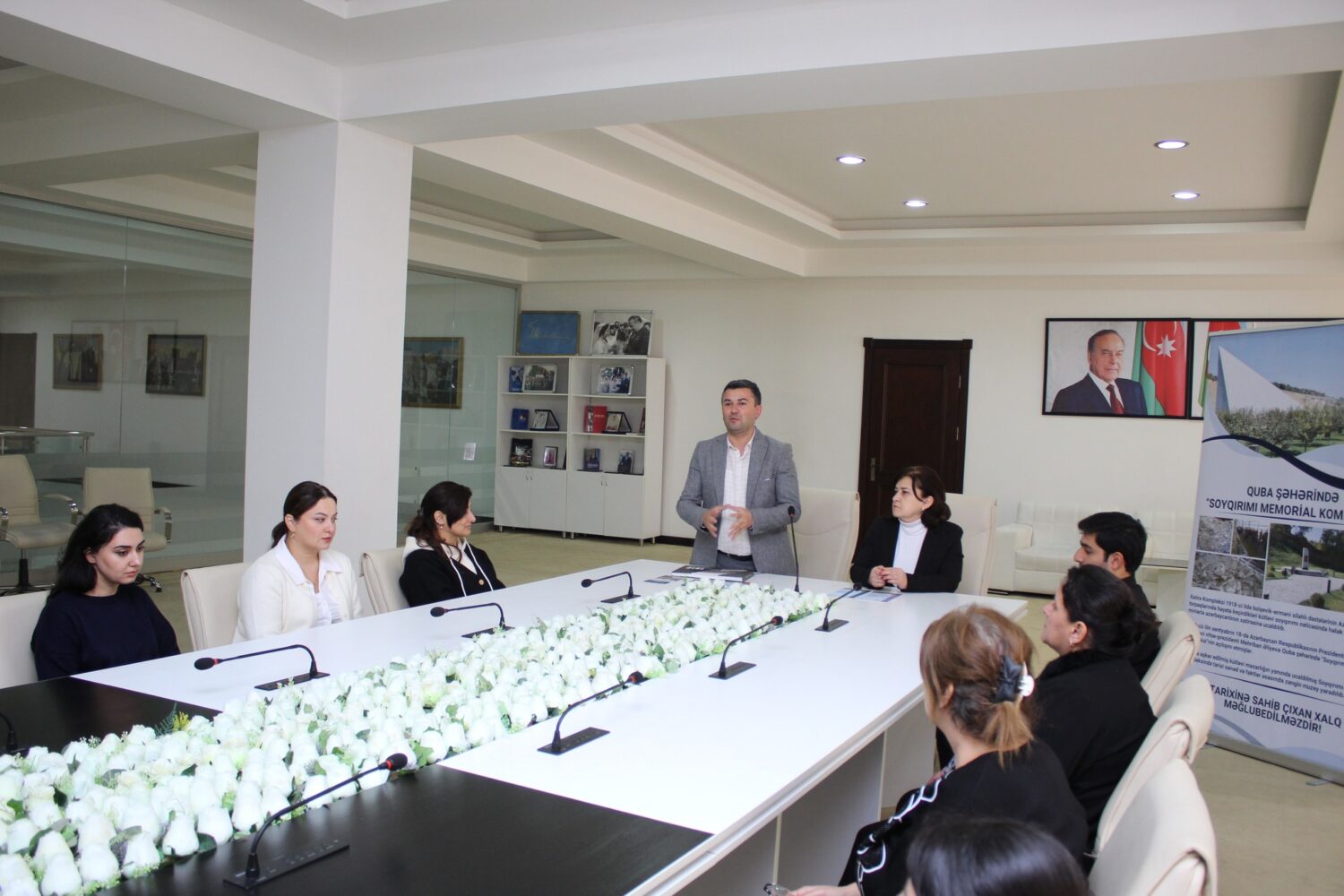
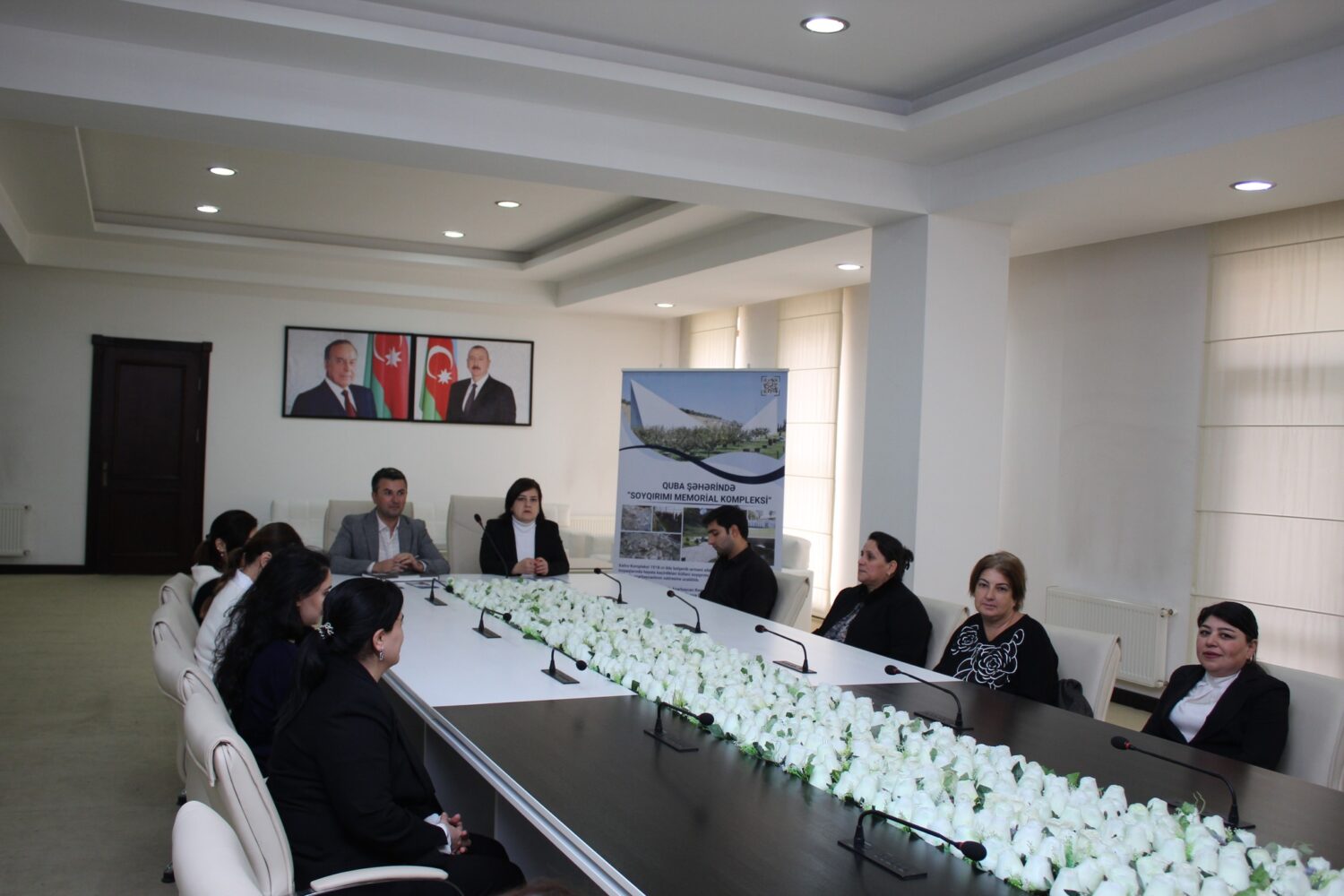
In the framework of the 2025 “Constitution and Sovereignty Year,” a series of events dedicated to November 8th – Victory Day and the 1918 genocides against Azerbaijanis took place in the cities of Guba, Gusar, and Khachmaz. The events were held at the Heydar Aliyev Centers in each of these cities, as well as at the Khachmaz History and Local History Museum.
During the events held under the title “The Road to Victory,” the heads of the centers, including Könül Əskərova, Head of the Khachmaz Heydar Aliyev Center, Fatime Zulfugarova, Head of the Gusar Heydar Aliyev Center, Pakizə Mehdiyeva, Director of the Khachmaz History and Local History Museum, and Şövqiyyə Seyidzadə, Junior Researcher at the Guba Heydar Aliyev Center, emphasized the significance of these events in organizing efforts in this area and stressed the importance of ensuring that our historical truths are never forgotten and are passed on to future generations.
Abutalib Turabov, an employee of the Scientific Research, Exhibition, and Fund Department of the Genocide Memorial Complex, spoke about the importance of educating the public, especially the youth, on the 1918 genocide of Azerbaijanis. He emphasized the need for our youth to be knowledgeable in order to respond to Armenian lies at international events and reveal the true historical facts.
Experts from the complex, including Nurcan Allahverdiyeva, Emin Ulubeyov, Orkhan Huseynov, Islam Aslanov, and Terlan Məmmədov, provided information about the mass graves discovered in Guba in 2007. They also discussed the construction and opening of the complex in 2009, following a decree by President Ilham Aliyev and the initiative of the Heydar Aliyev Foundation, and provided details about official visitors to the memorial complex.
It was also noted that during the Second Karabakh War, under the leadership of our victorious Supreme Commander-in-Chief, the Invincible Azerbaijani Army liberated our lands, which had been under enemy occupation for 30 years, during the 44-day war. The importance of this war in embodying national consciousness, and the unity of the people and the army, was emphasized.
In total, more than 100 people participated in the events. At the end of the event, employees of the Genocide Memorial Complex presented books and brochures reflecting the events of the genocide to the leadership of the mentioned centers.
A 5-Day Guide Training Program Organized by the Guba Regional Tourism Department of the State Tourism Agency of the Republic of Azerbaijan
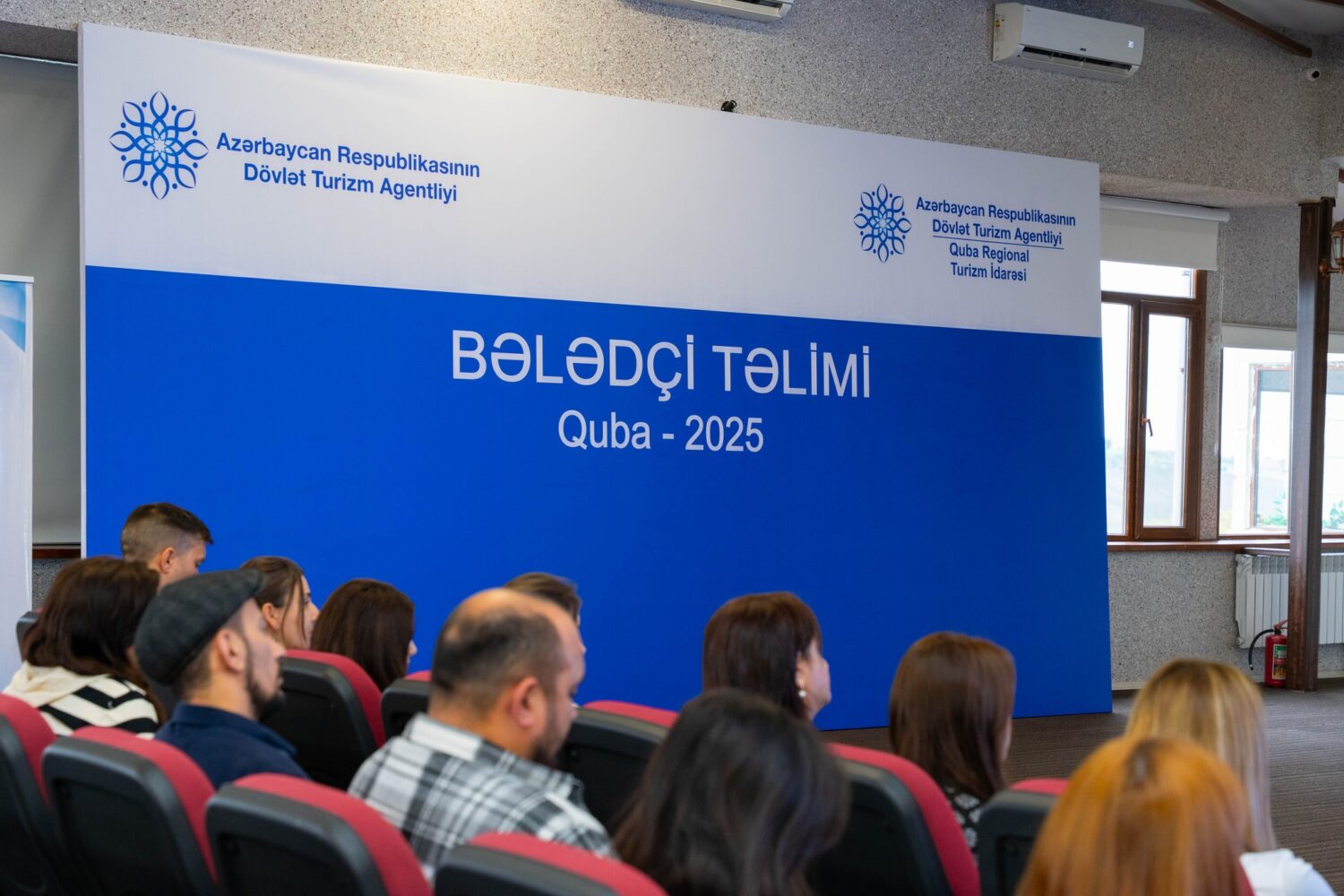
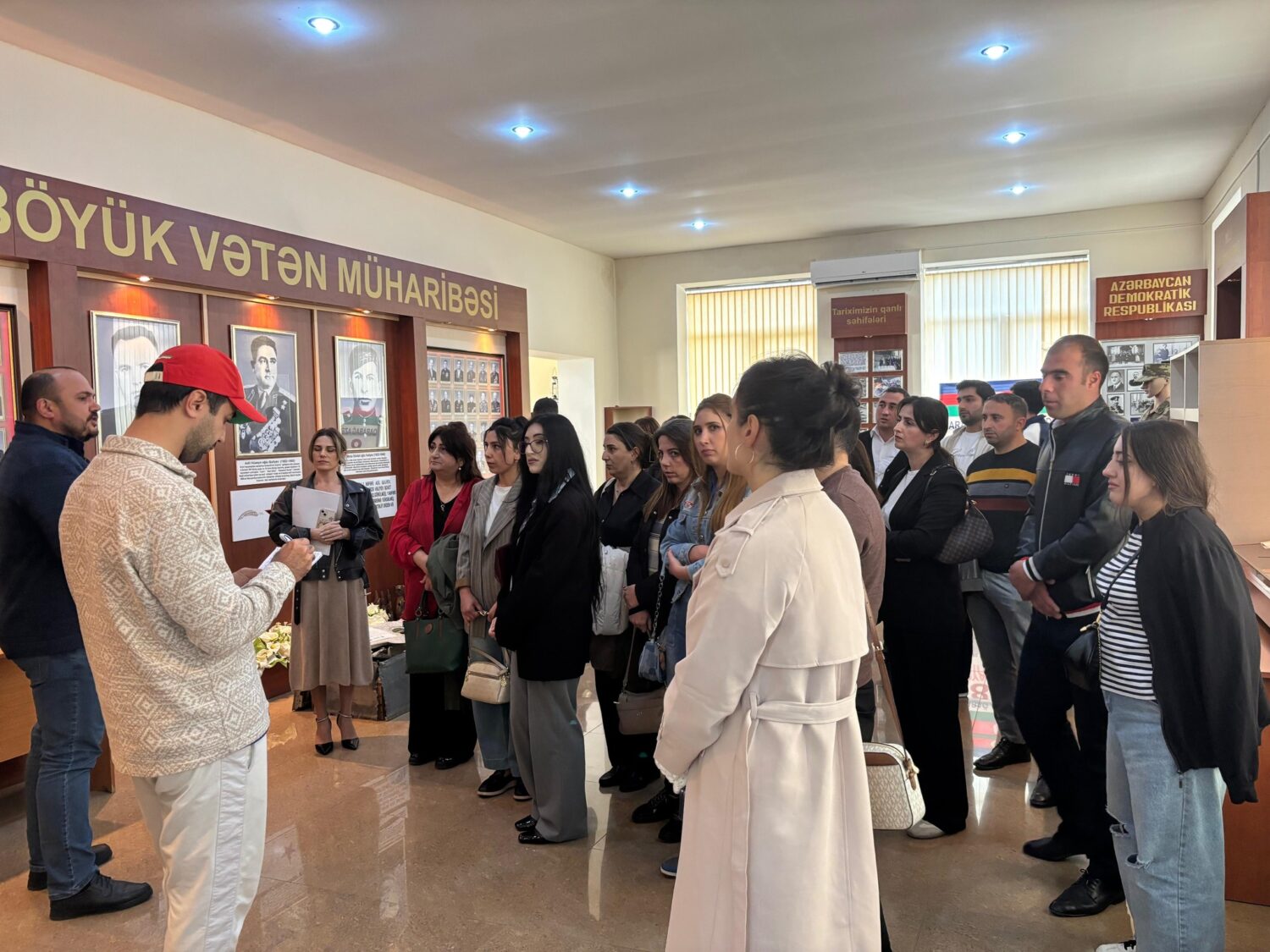
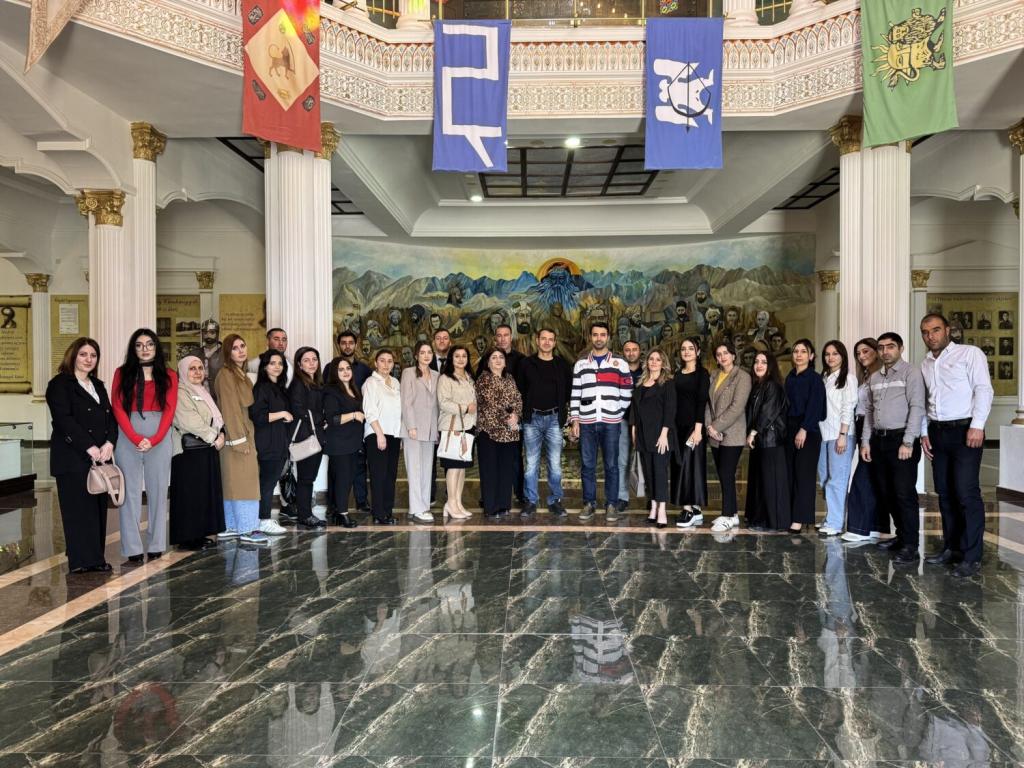
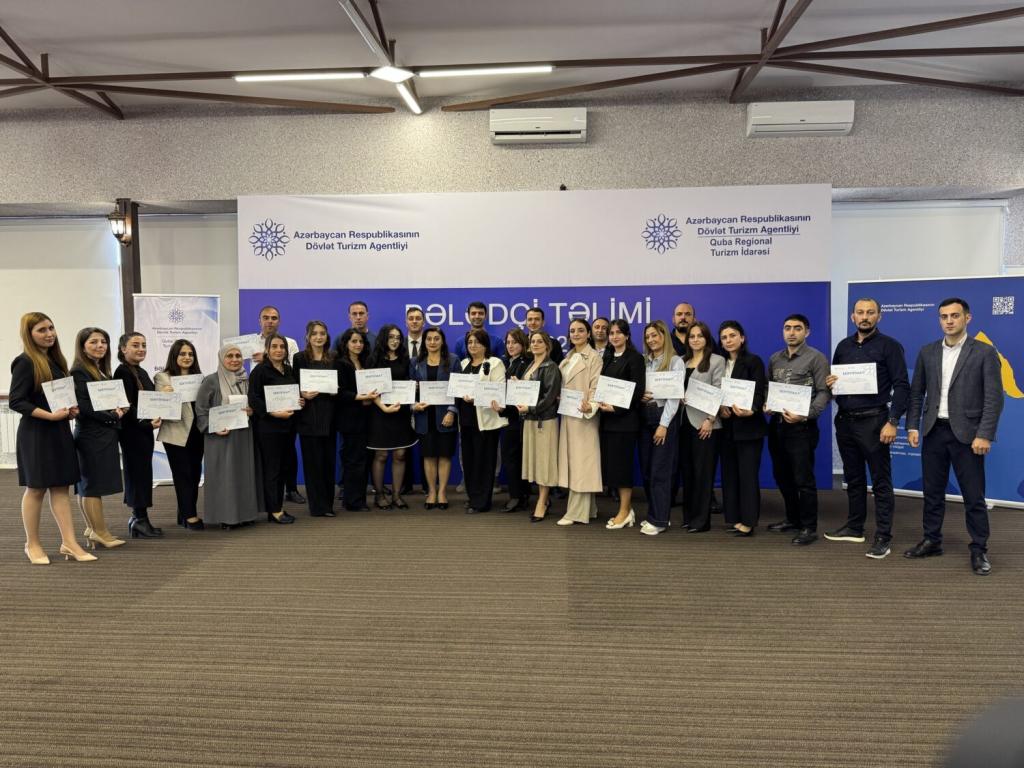
A 5-day guide training program was organized from October 27 to 31, 2025, by the Guba Regional Tourism Department of the State Tourism Agency of the Republic of Azerbaijan. During the training, participants engaged in both theoretical and practical sessions. They were provided with in-depth knowledge on modern approaches to tourism, guiding skills, and the tourism potential of the region.
It is worth noting that employees from the Scientific Research, Exhibition, and Fund Department of the “Genocide Memorial Complex” in Guba, including Nurcan Allahverdiyeva, Emin Ulubeyov, and Terlan Mammadov, also participated in the training program and were awarded certificates.
“Muğam”
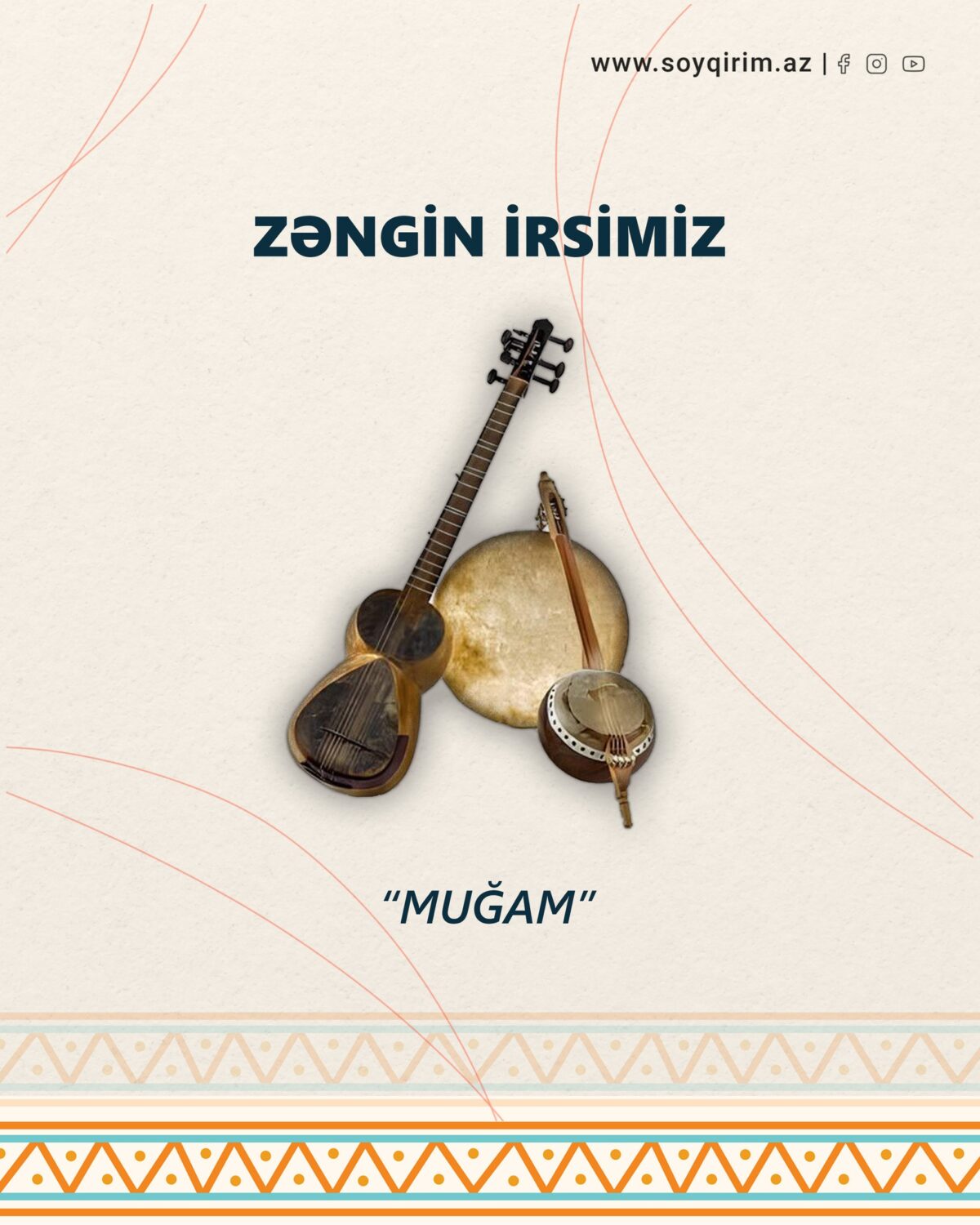
Muğam – Şərq ölkələrinin klassik xalq yaradıcılığı musiqisinin əsas janrıdır. Azərbaycan muğamı əsrlər boyu xalqımızın bədii-estetik düşüncəsinin ayrılmaz hissəsi olmuşdur.Bu sənət forması zəngin melodik quruluşu,dərin fəlsəfi məzmunu və yüksək ifaçılıq mədəniyyəti ilə seçilir.Muğam təkcə musiqi janrı deyil,həm də milli kimliyimizi və mədəni irsimizi təcəssüm etdirən dəyərdir. Azərbaycan xalq musiqisində 7 əsas, 3 köməkçi muğam var. Əsas muğamlar “Rast”, “Şur”, “Segah”, “Çahargah”, “Bayatı-Şiraz”, “Şüştər” və “Humayun”, köməkçi muğamlar isə “Şahnaz”, “Sarənc” və “2-ci növ Çahargah”dır. Beləliklə, muğam Azərbaycan musiqi mədəniyyətinin ən mühüm sahələrindən biridir. Onun melodik zənginliyi, emosional təsir gücü və dərin fəlsəfi məzmunu xalqımızın estetik düşüncə tərzini formalaşdırmışdır. 2003-cü ildə UNESCO tərəfindən qeyri-maddi mədəni irs siyahısına daxil edilməsi bu sənətin beynəlxalq səviyyədə tanınmasının bariz nümunəsidir.

